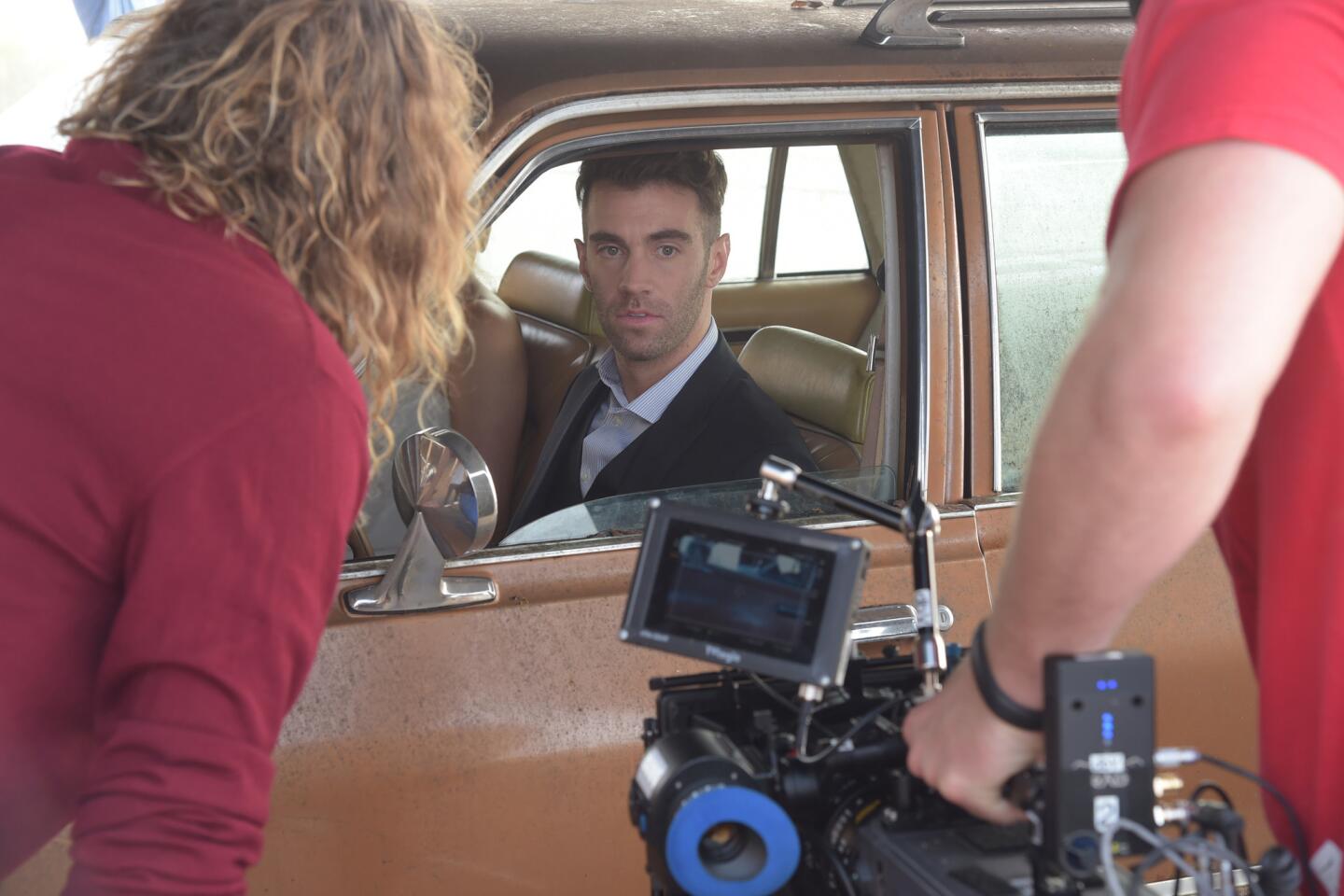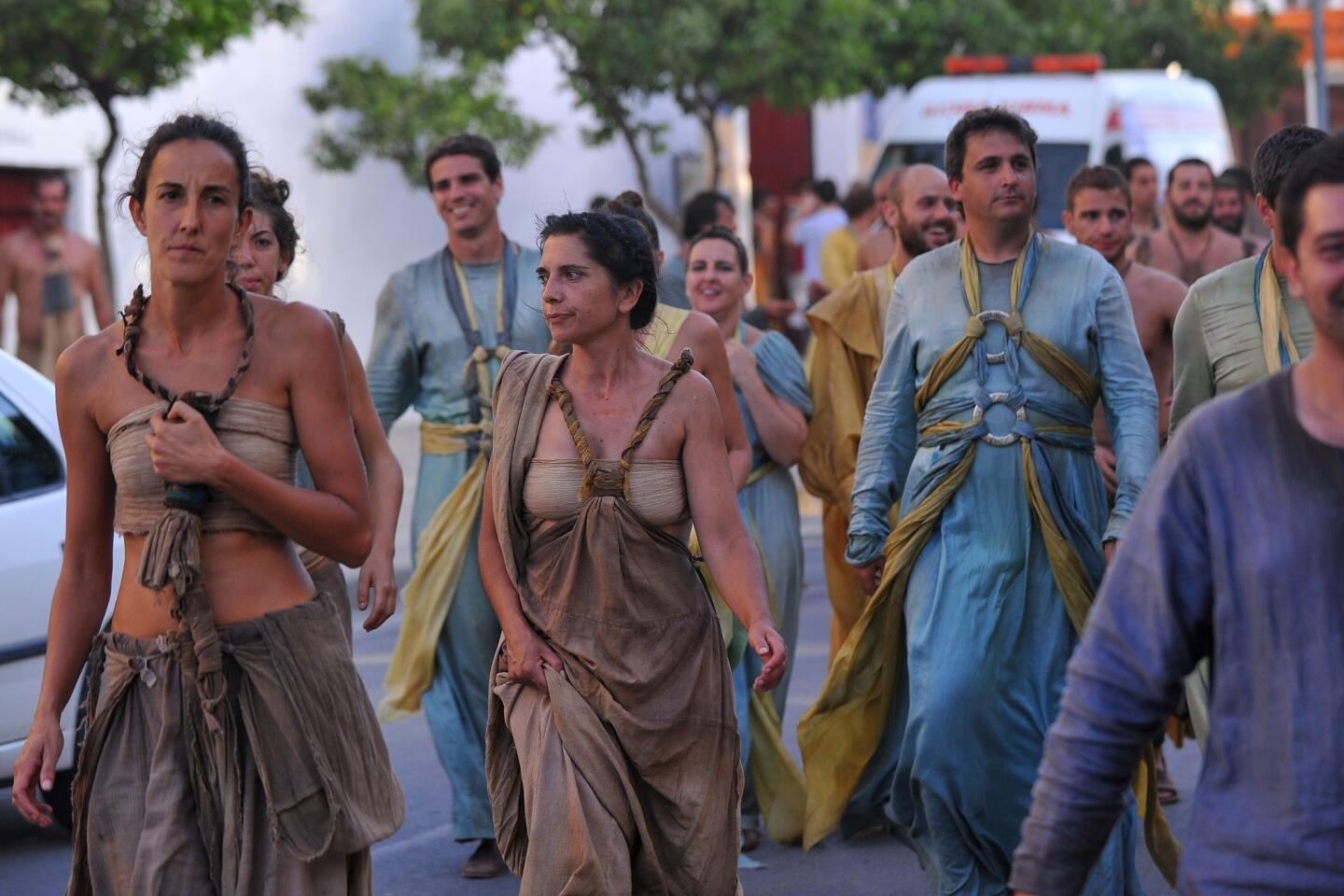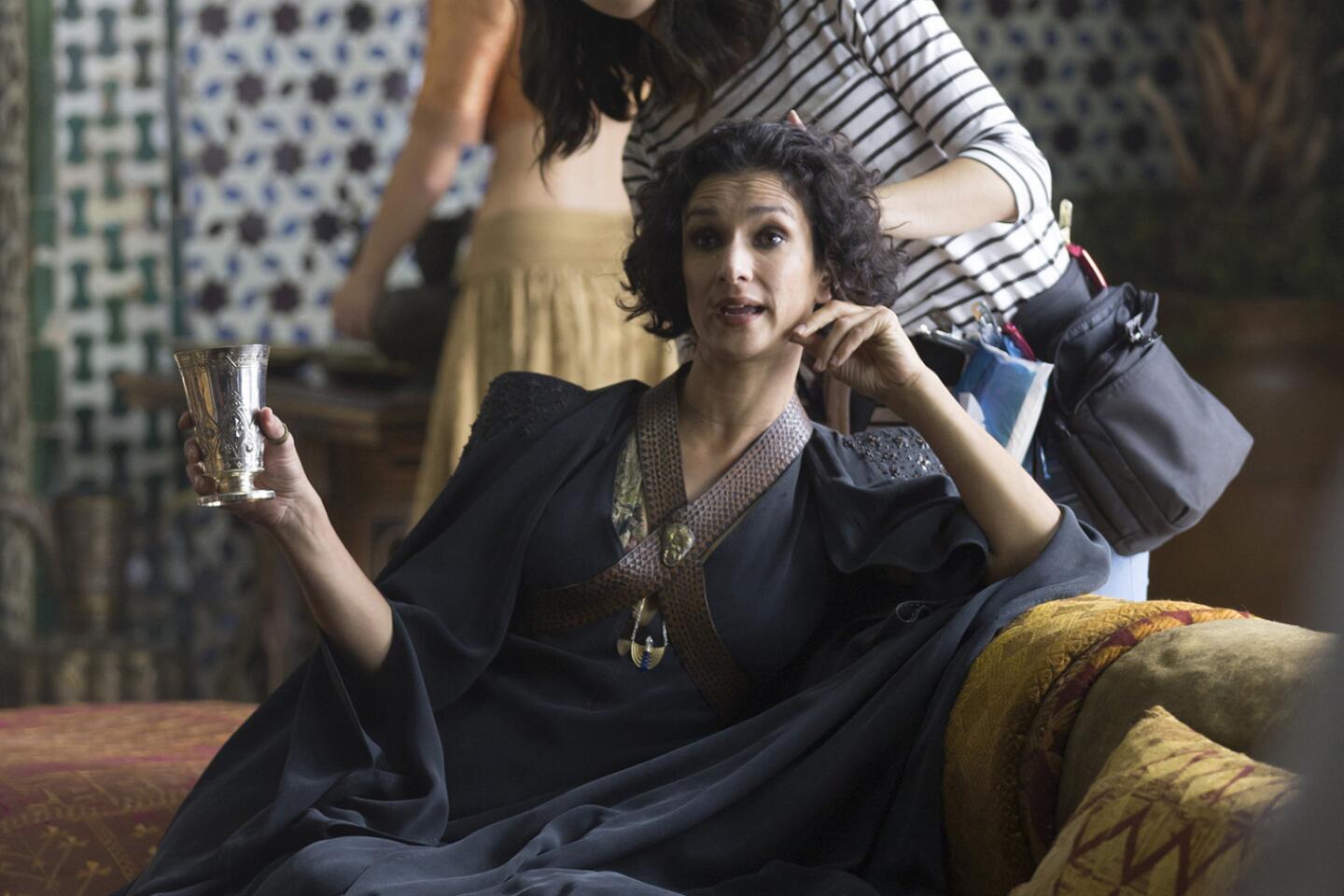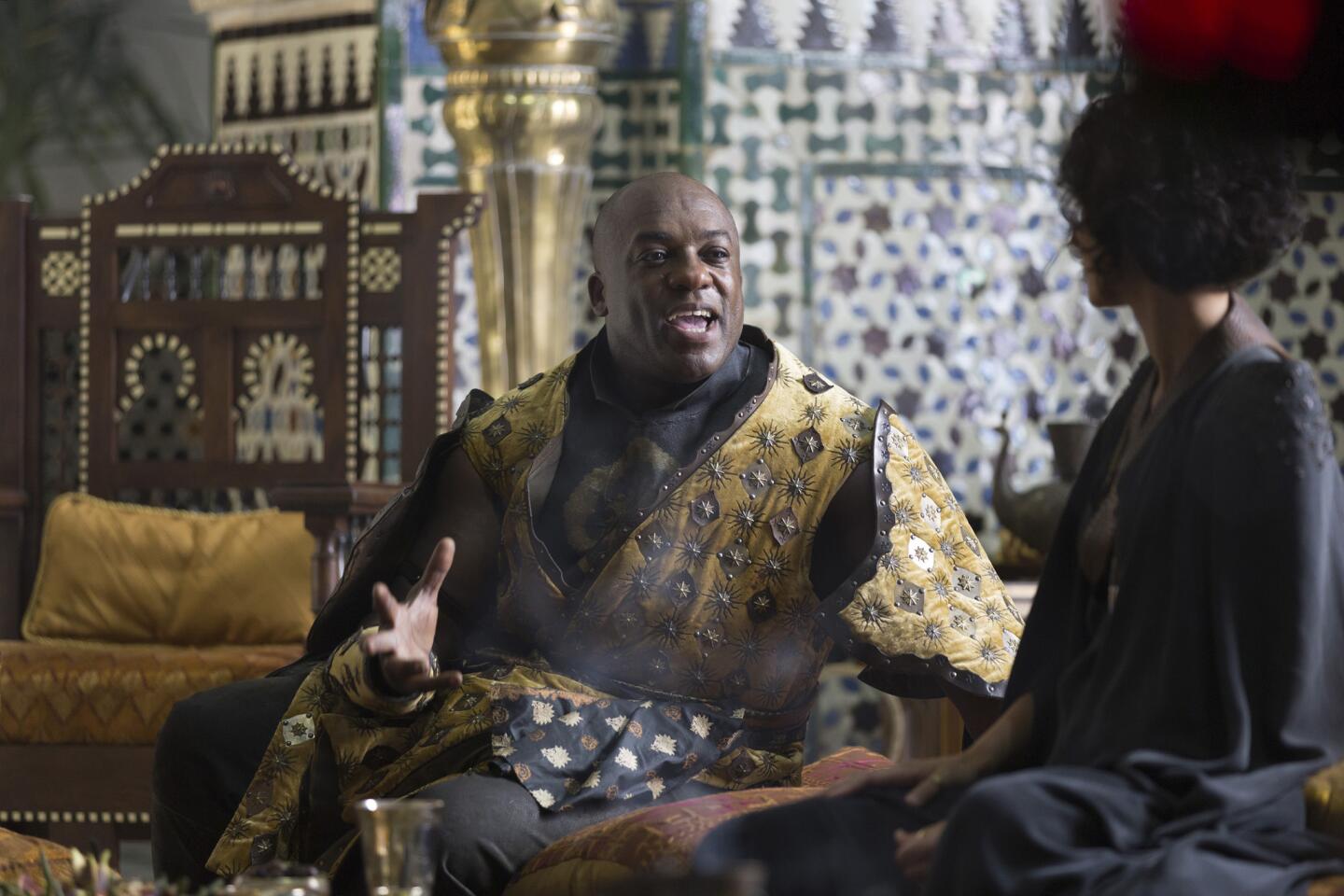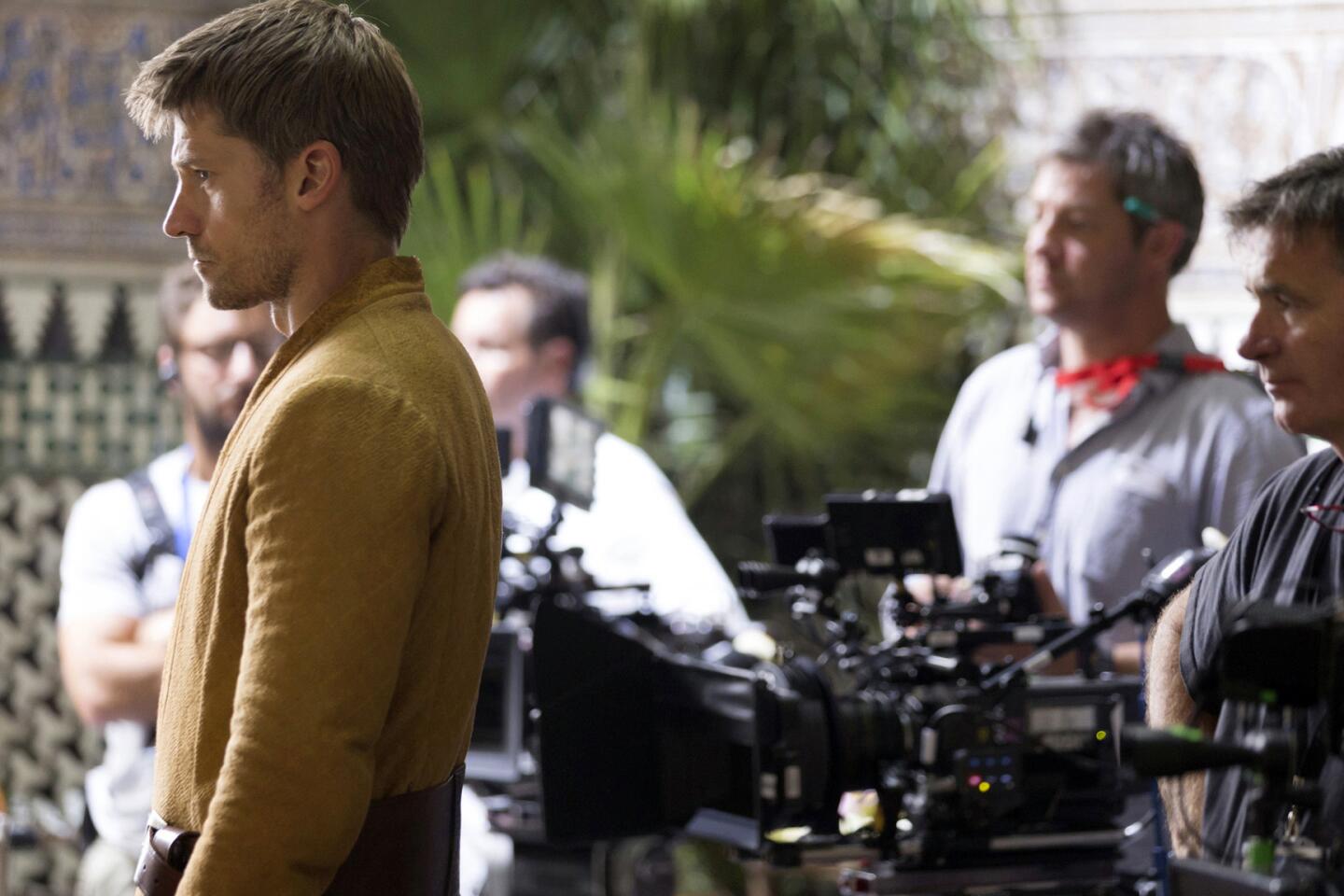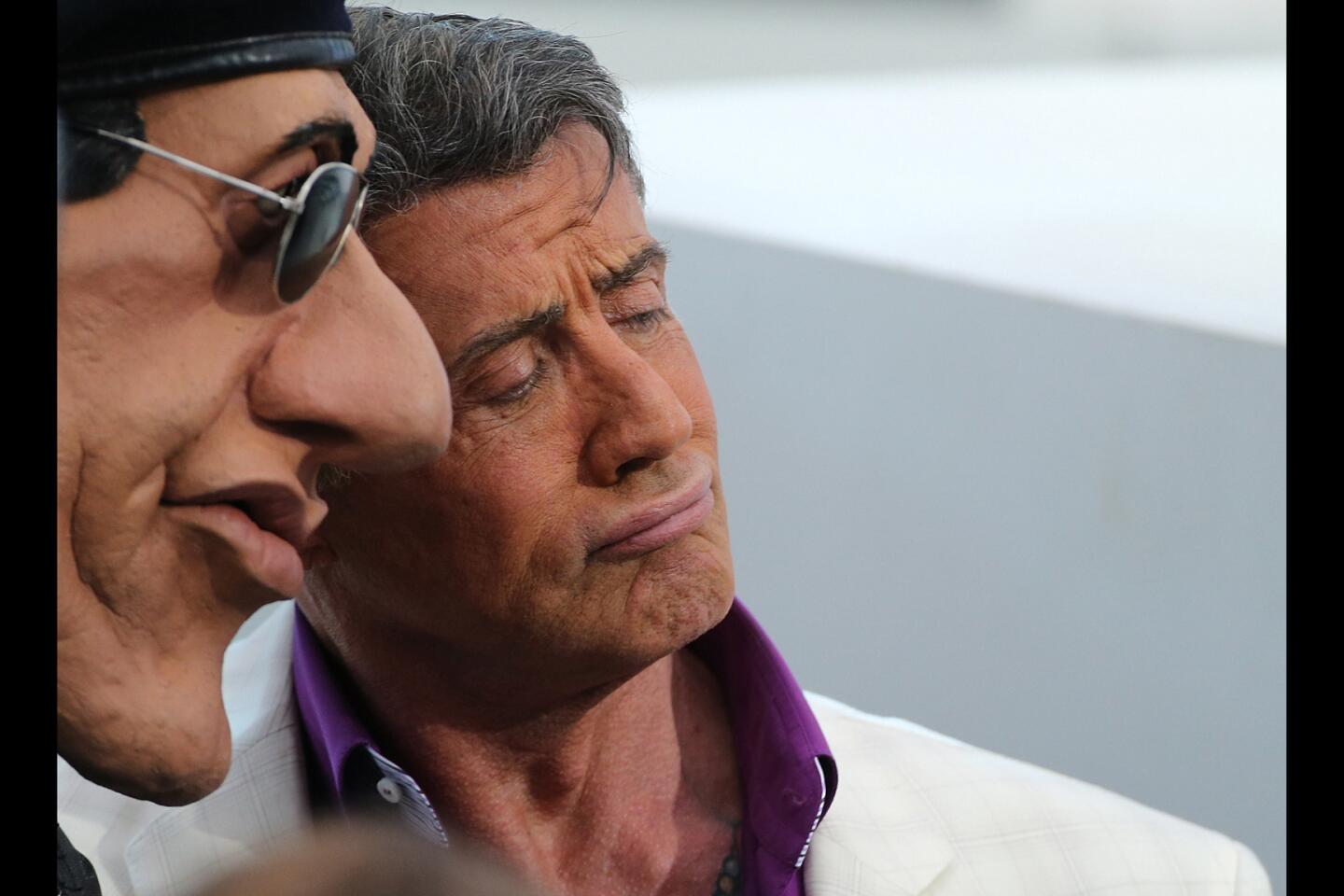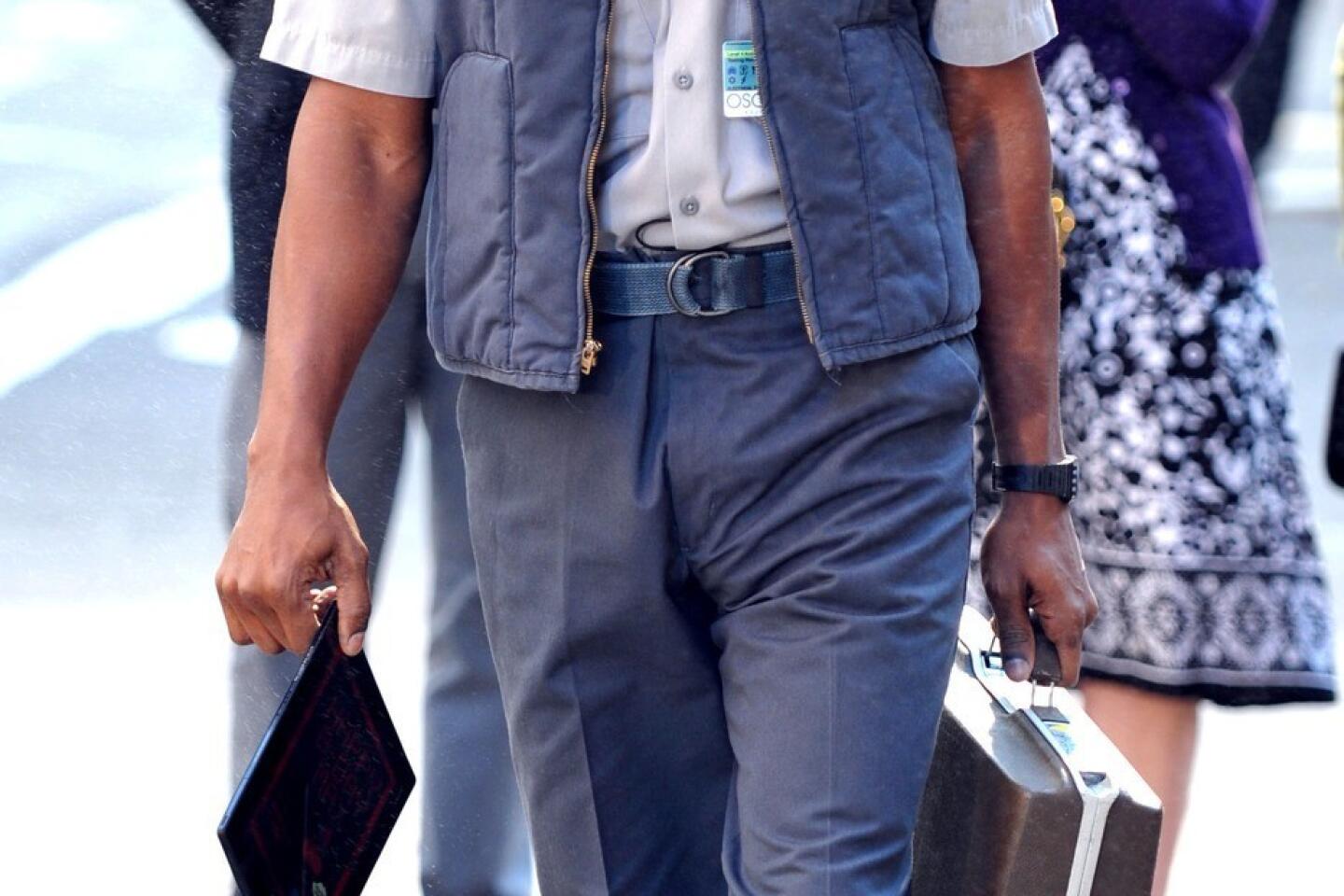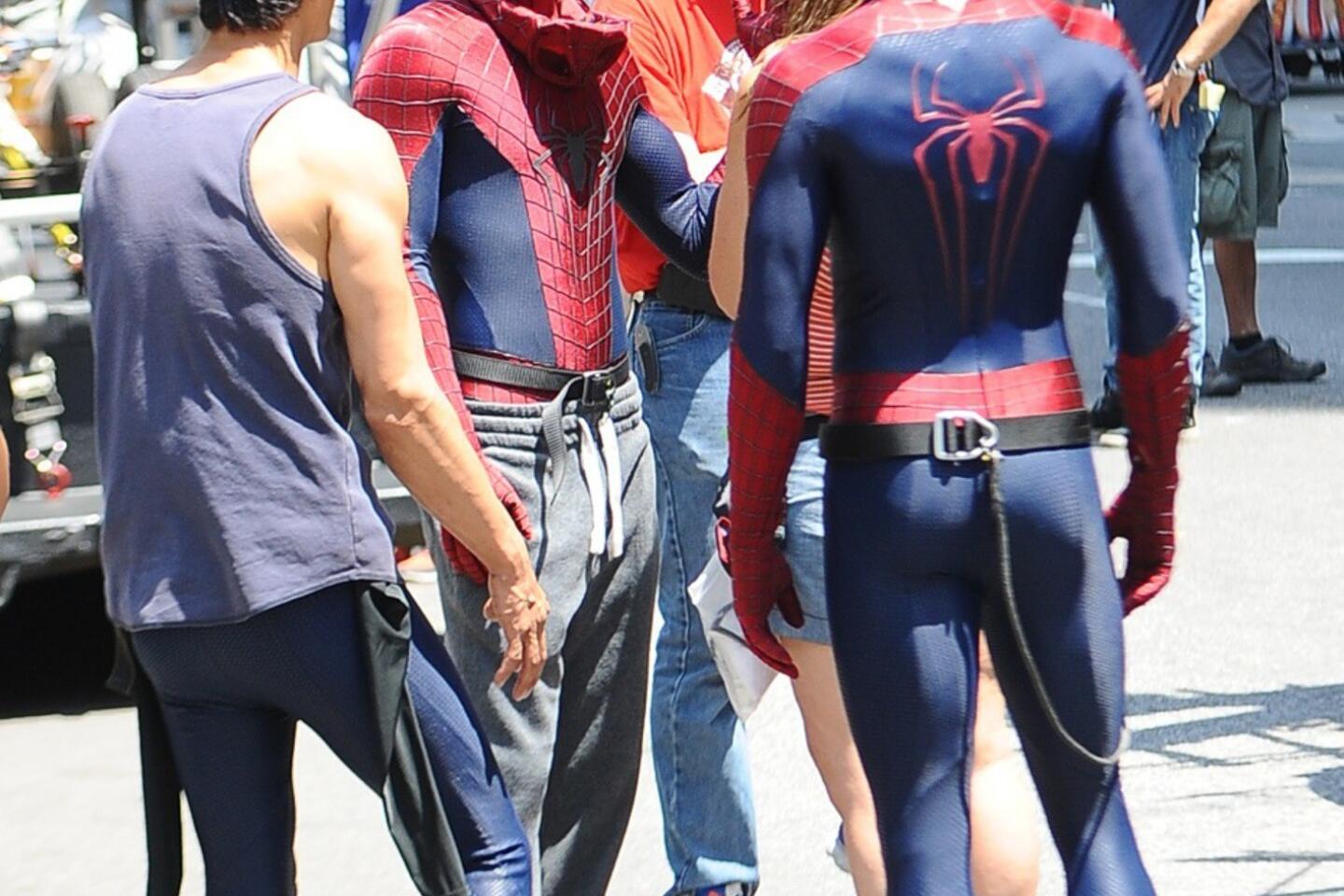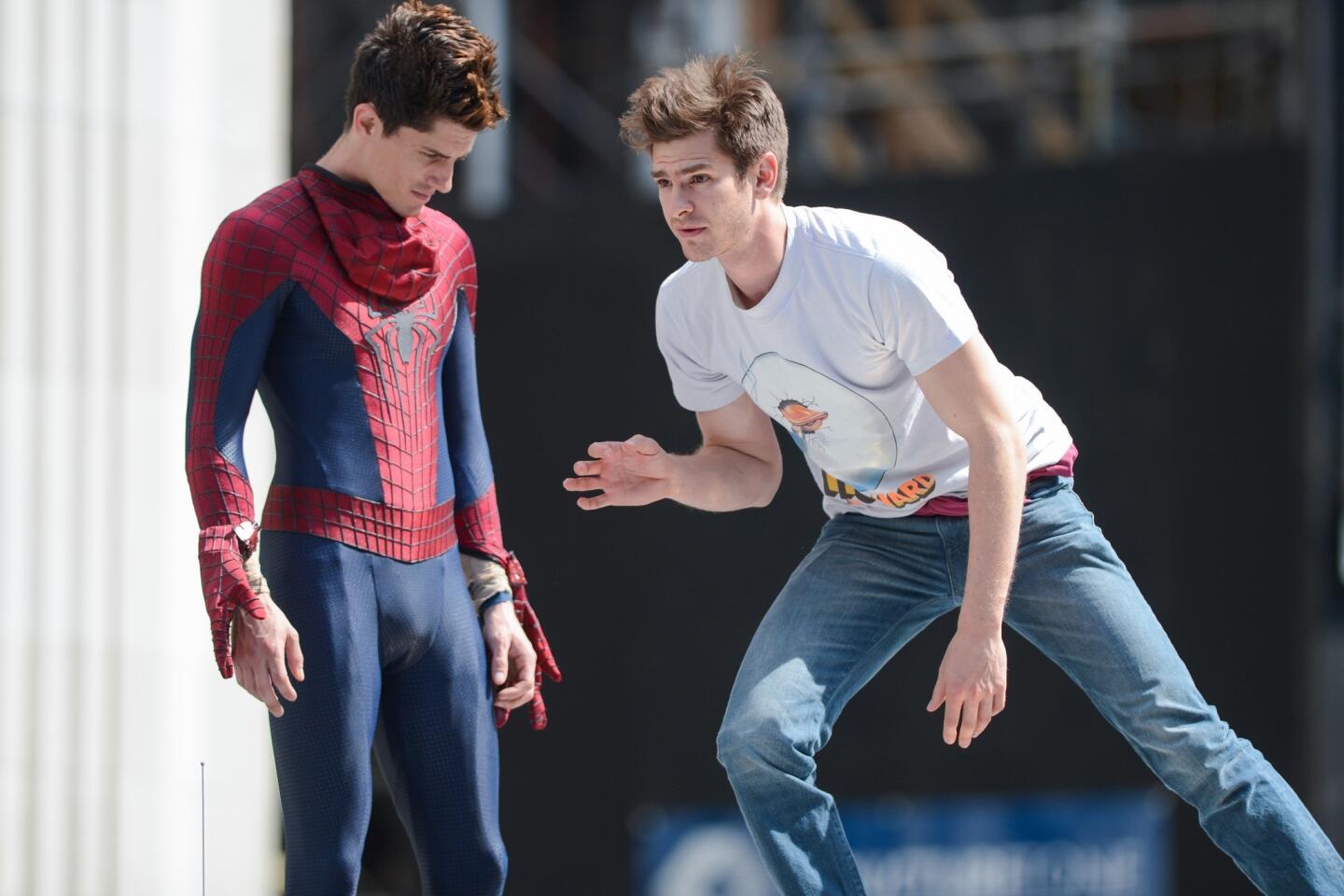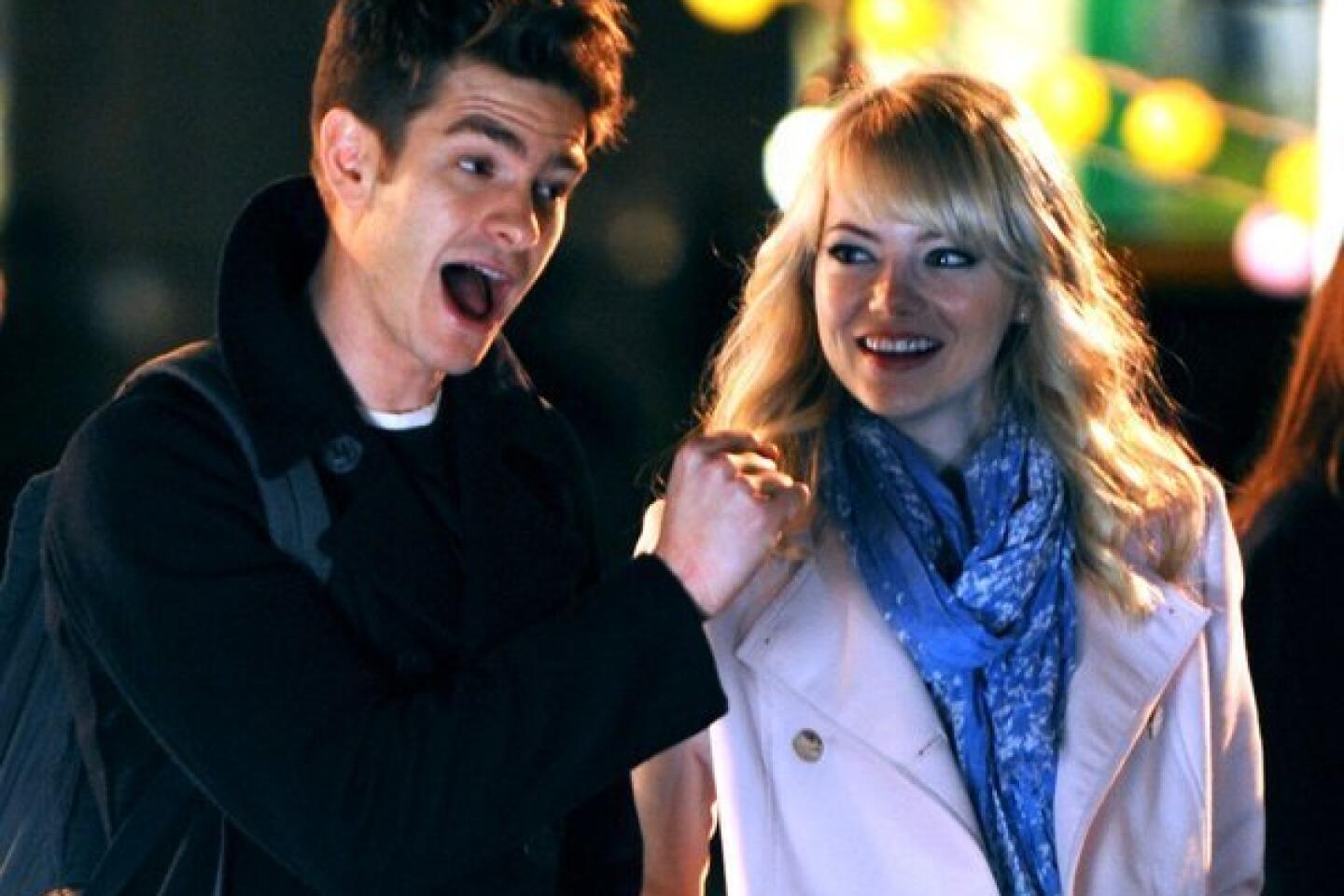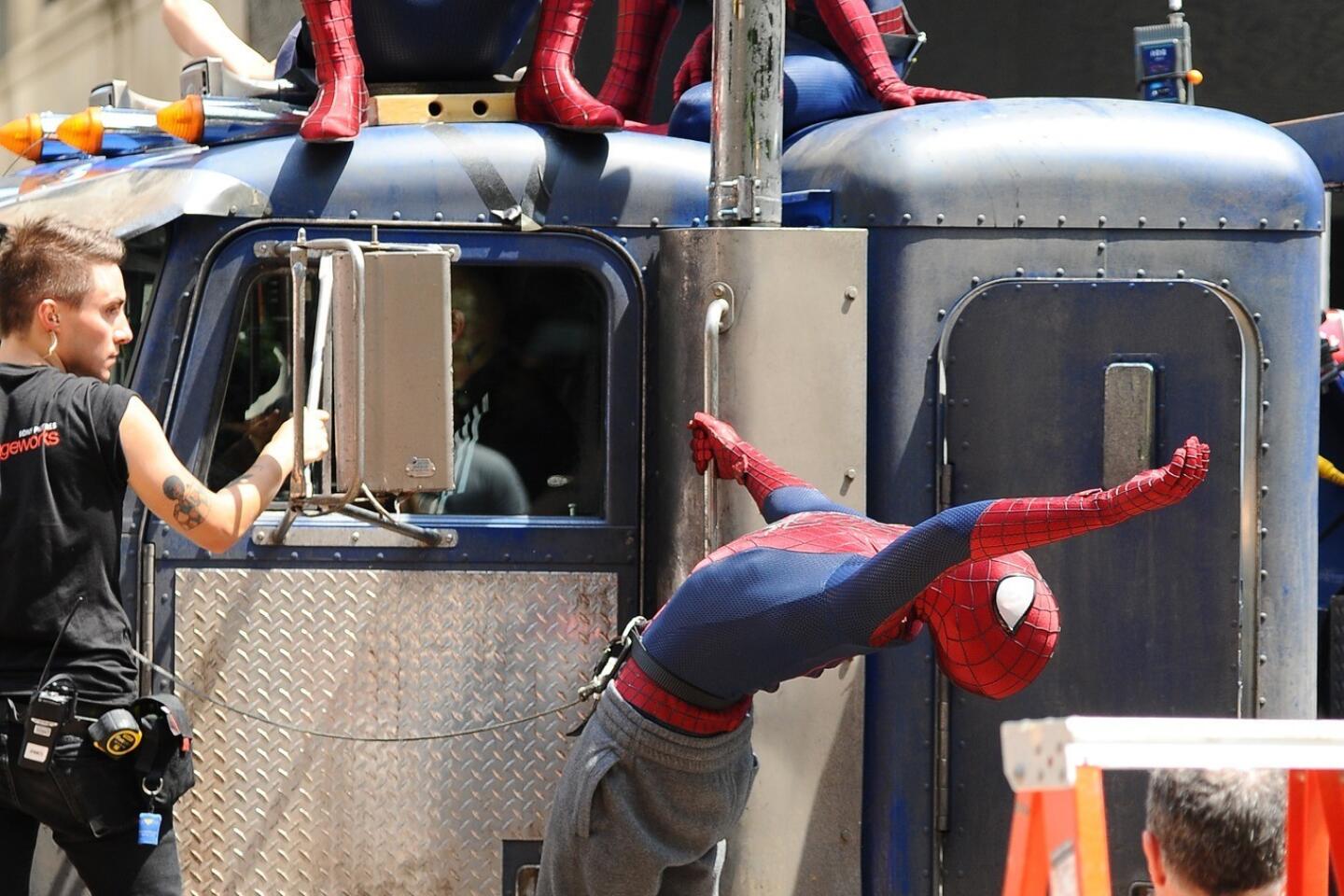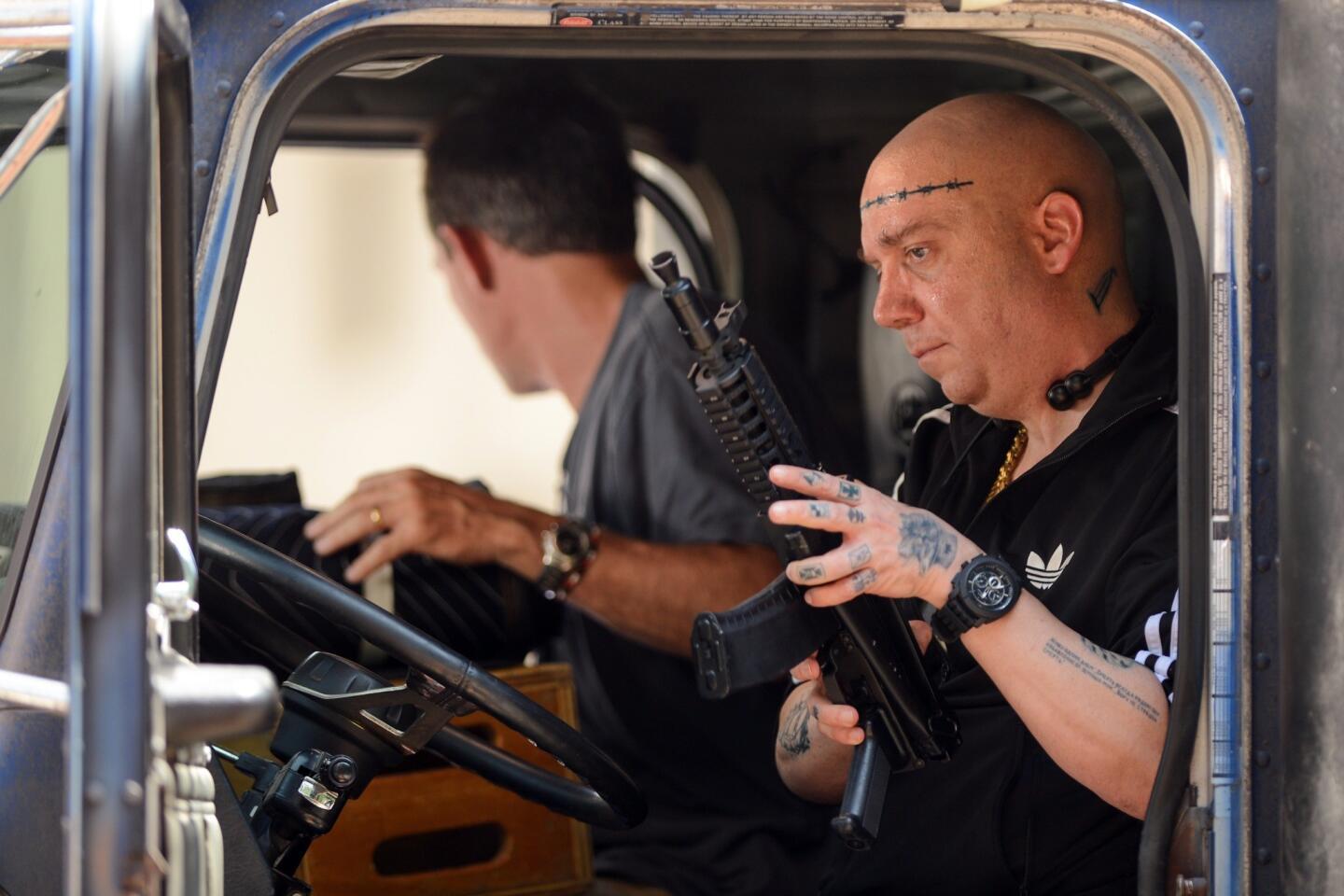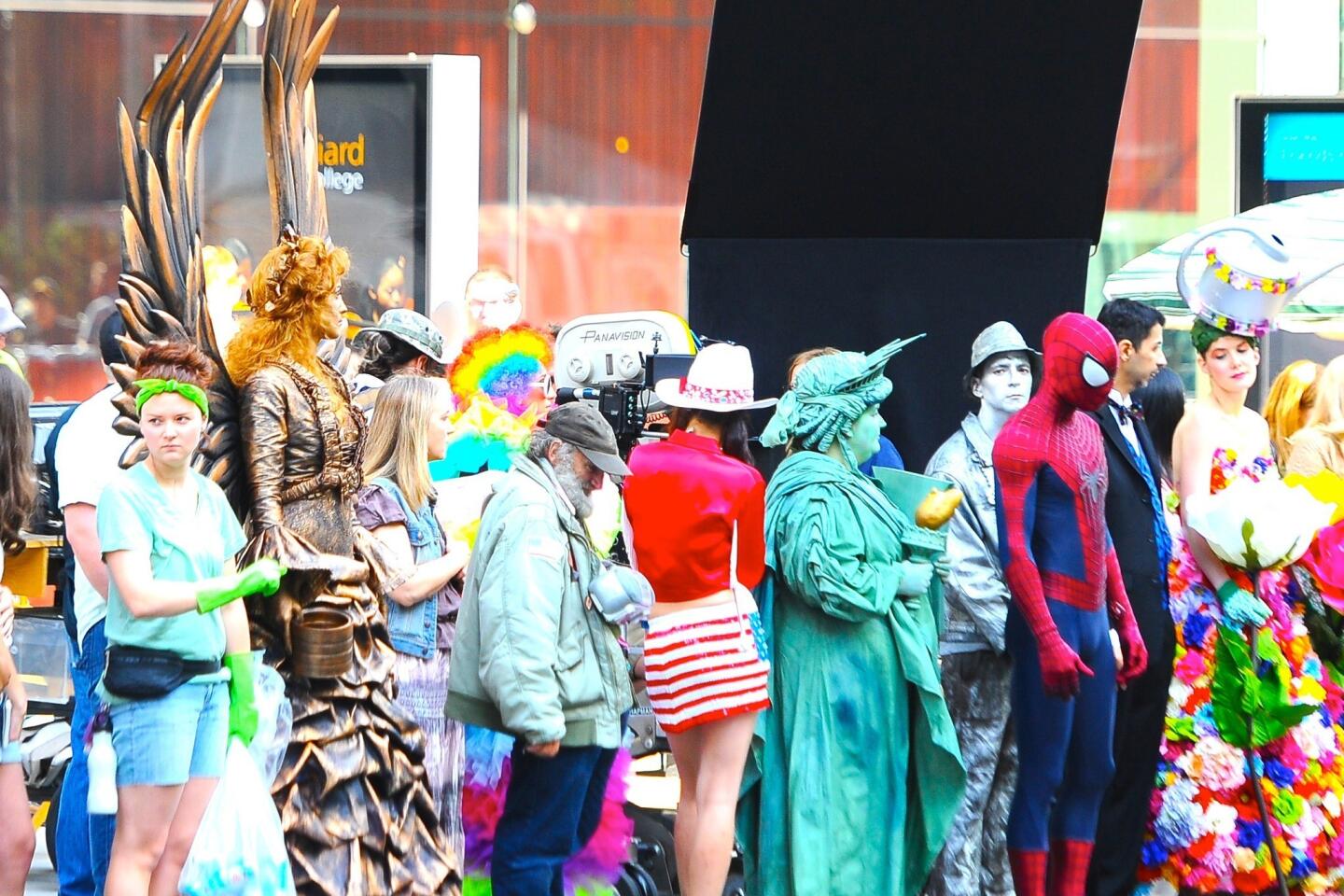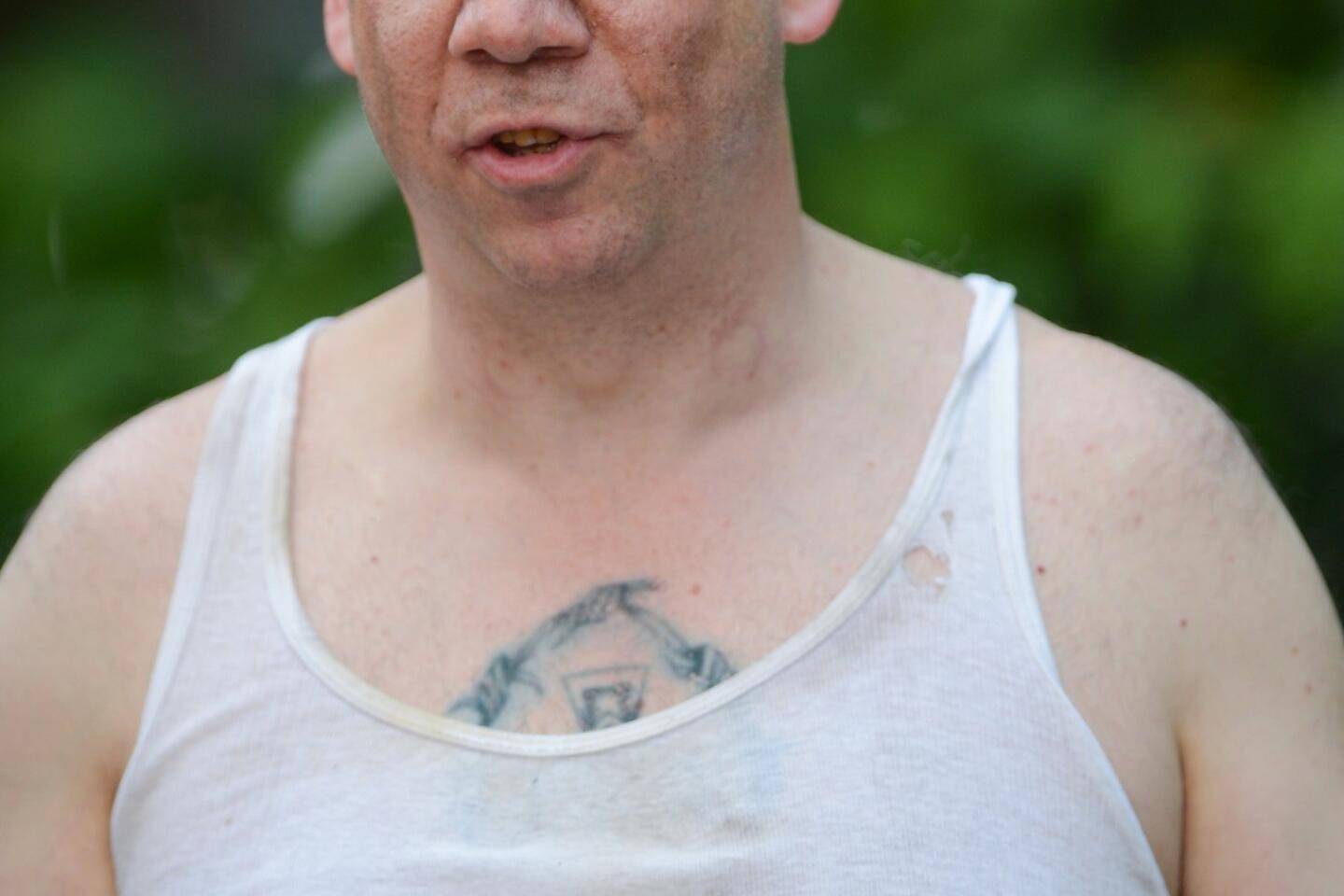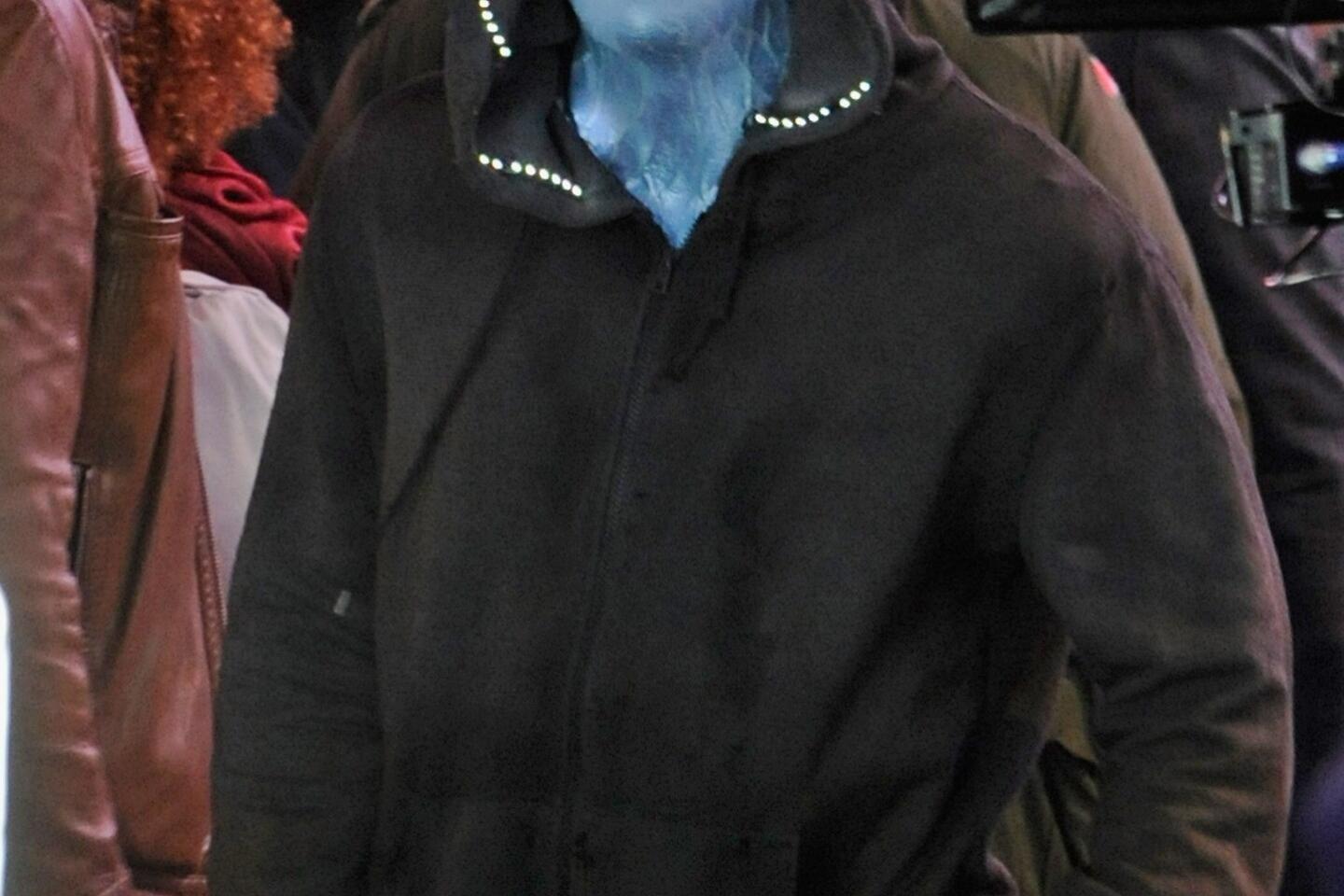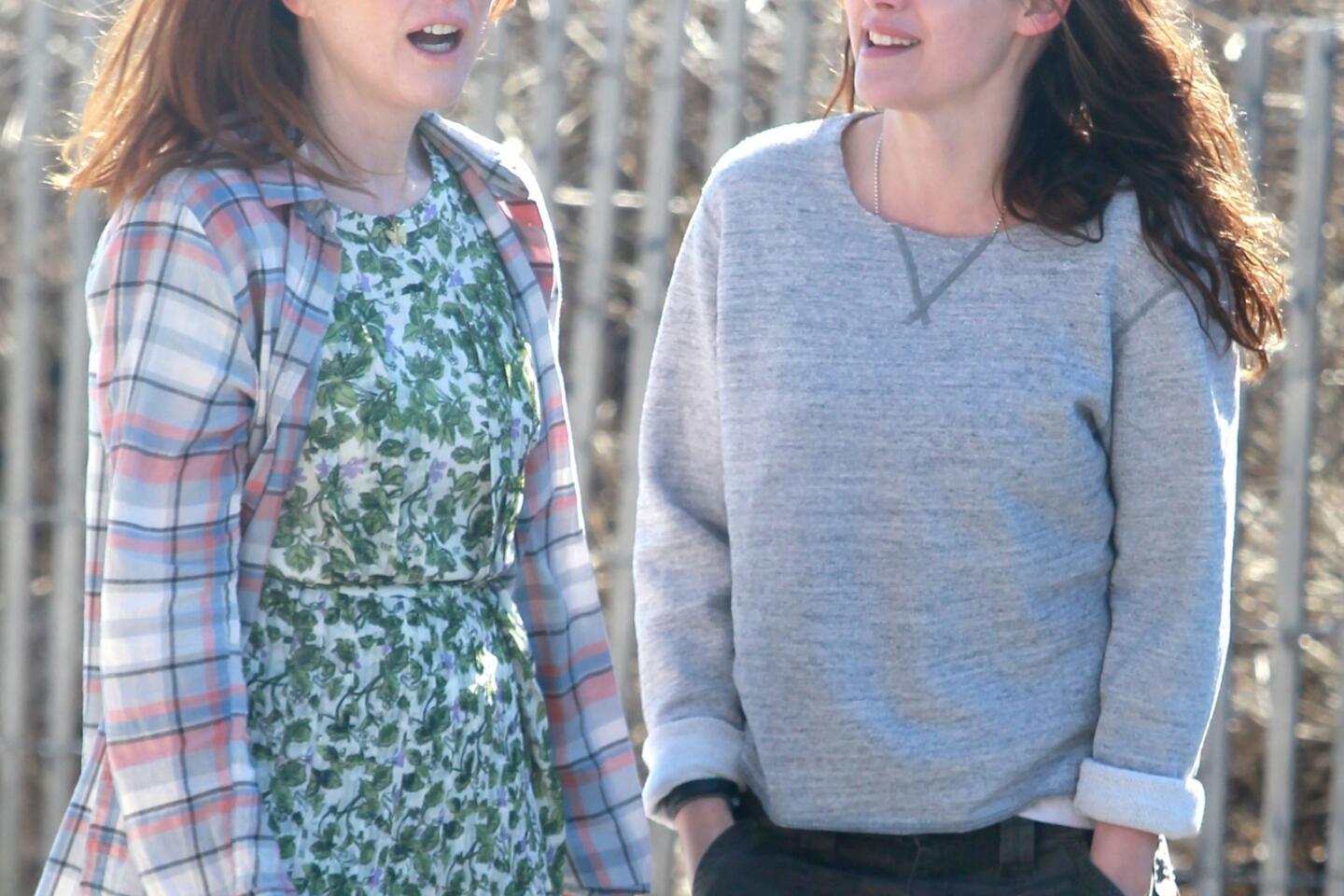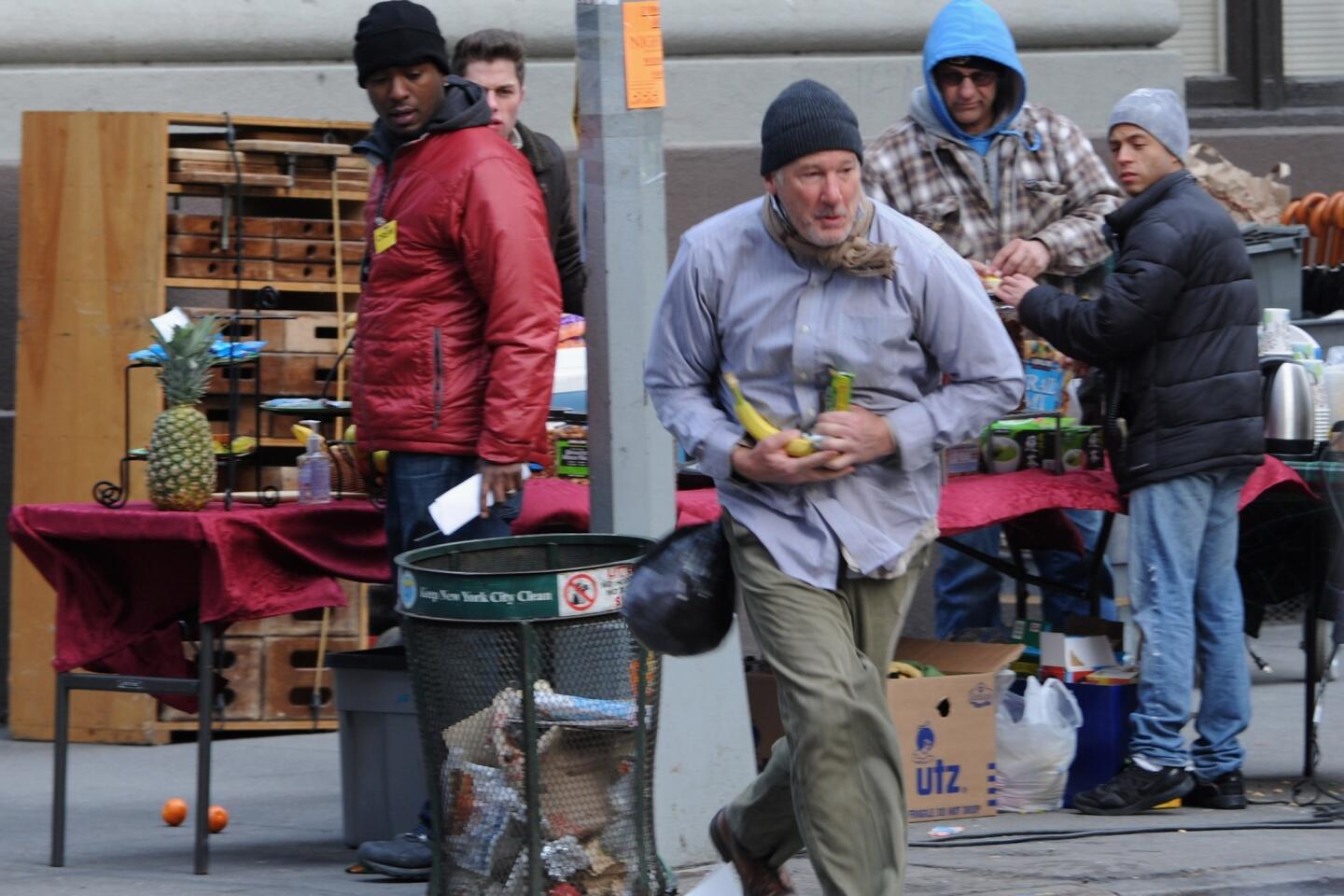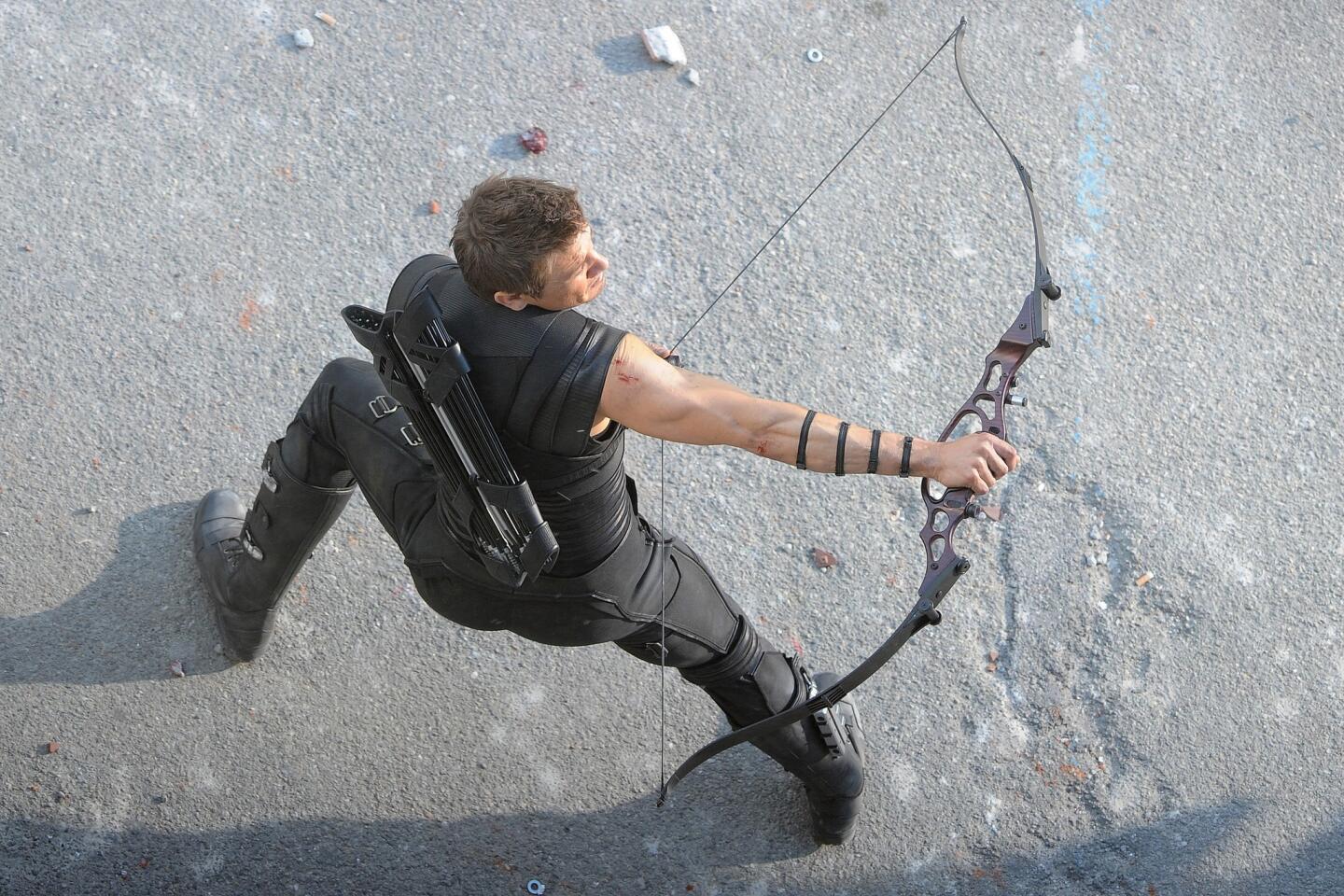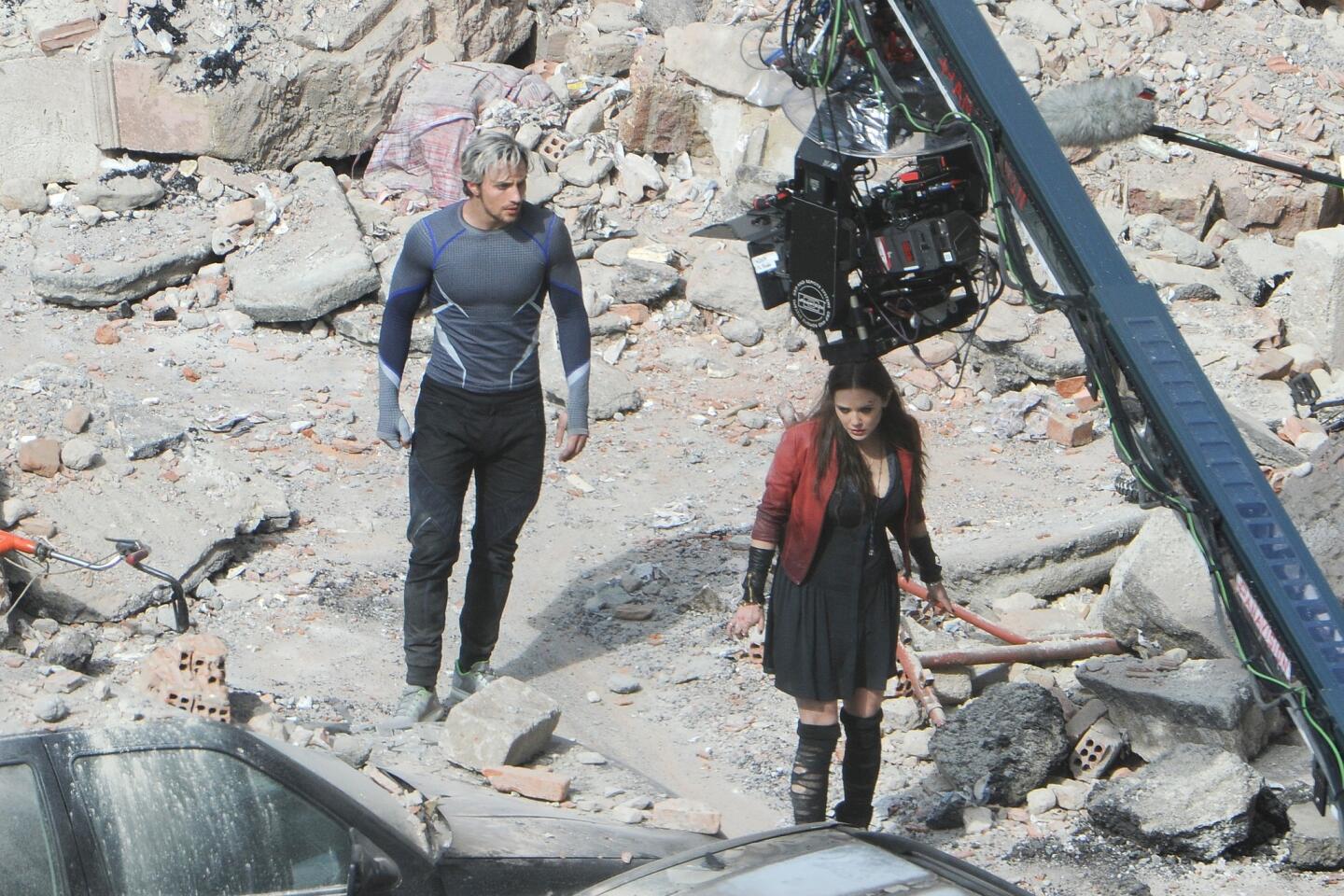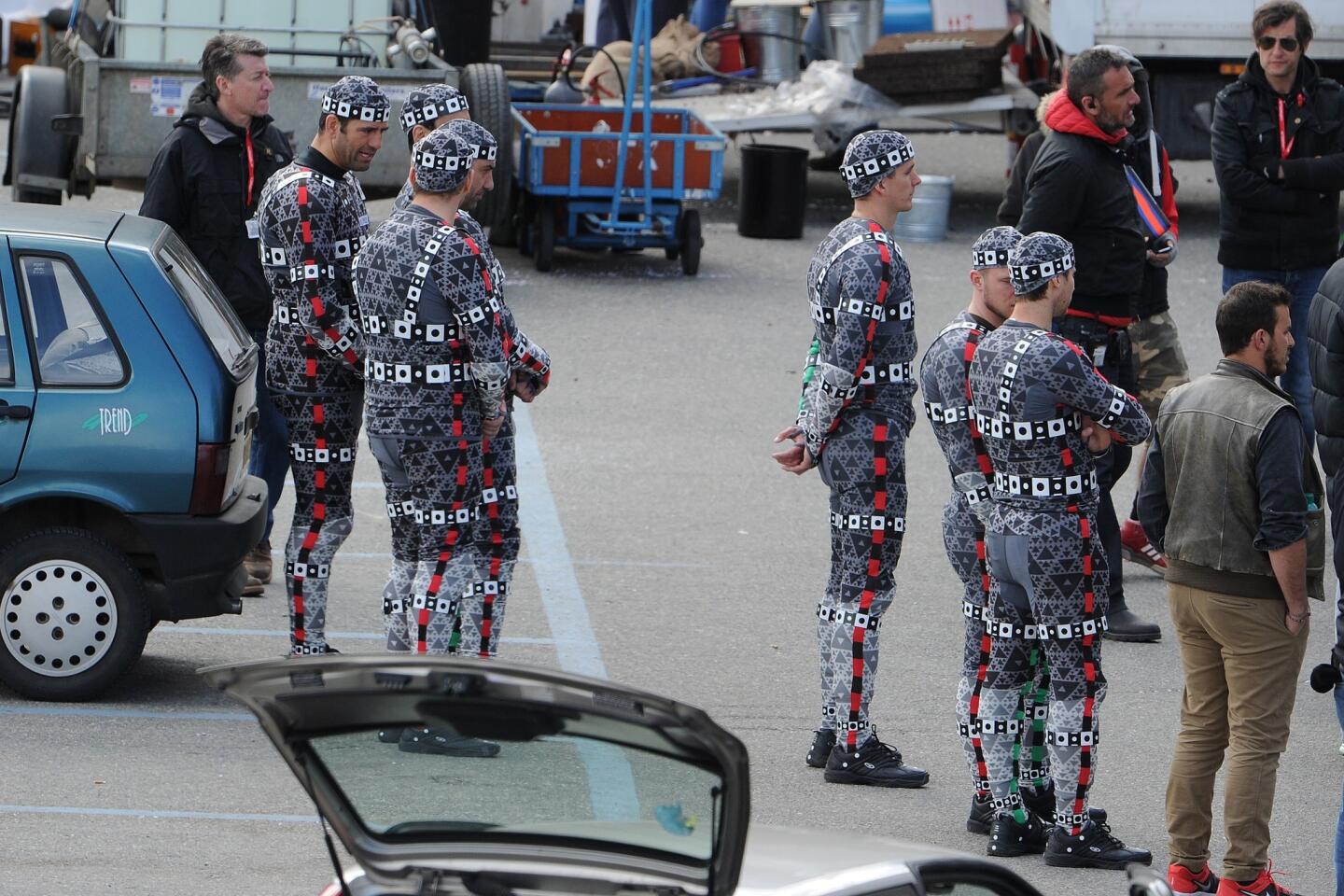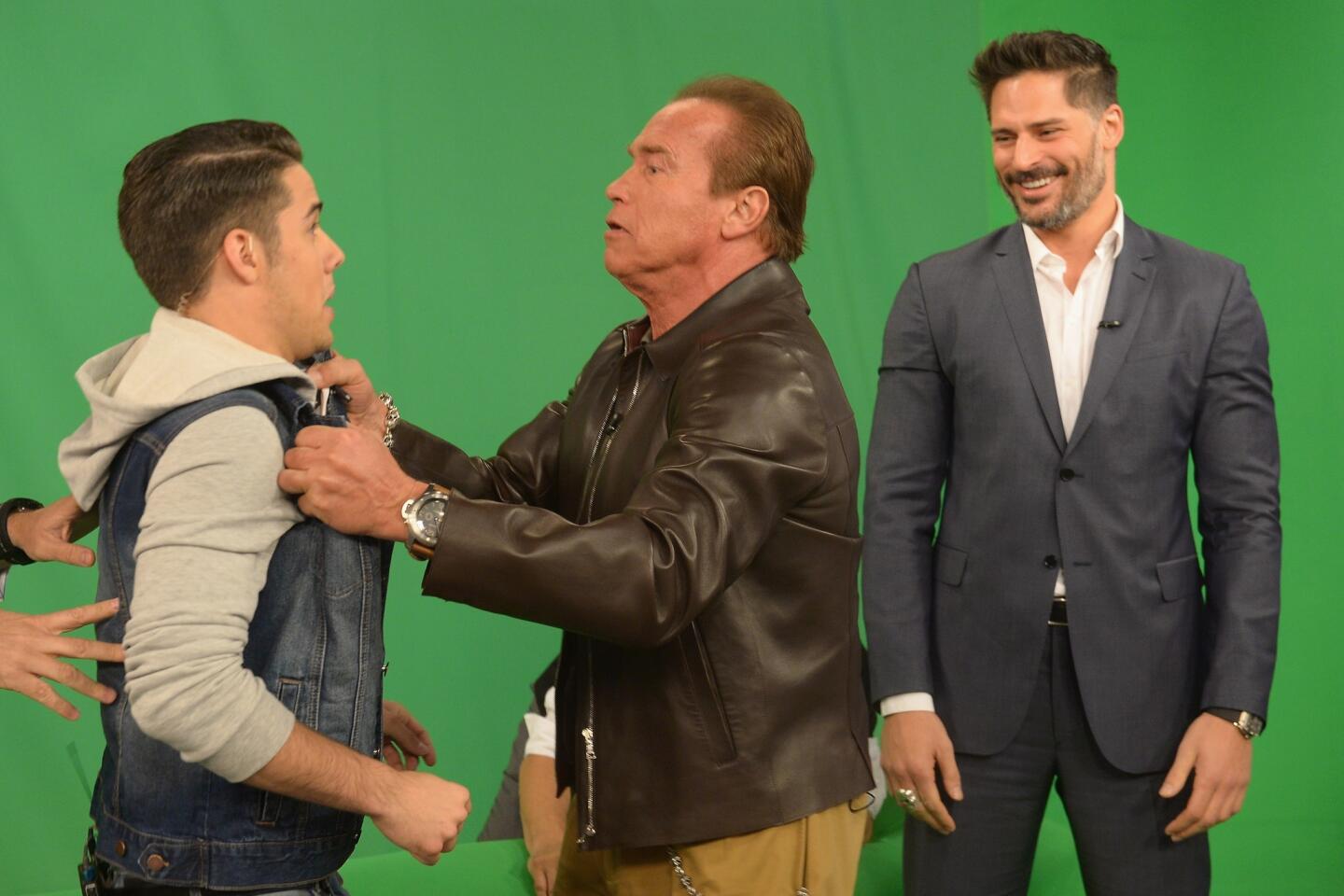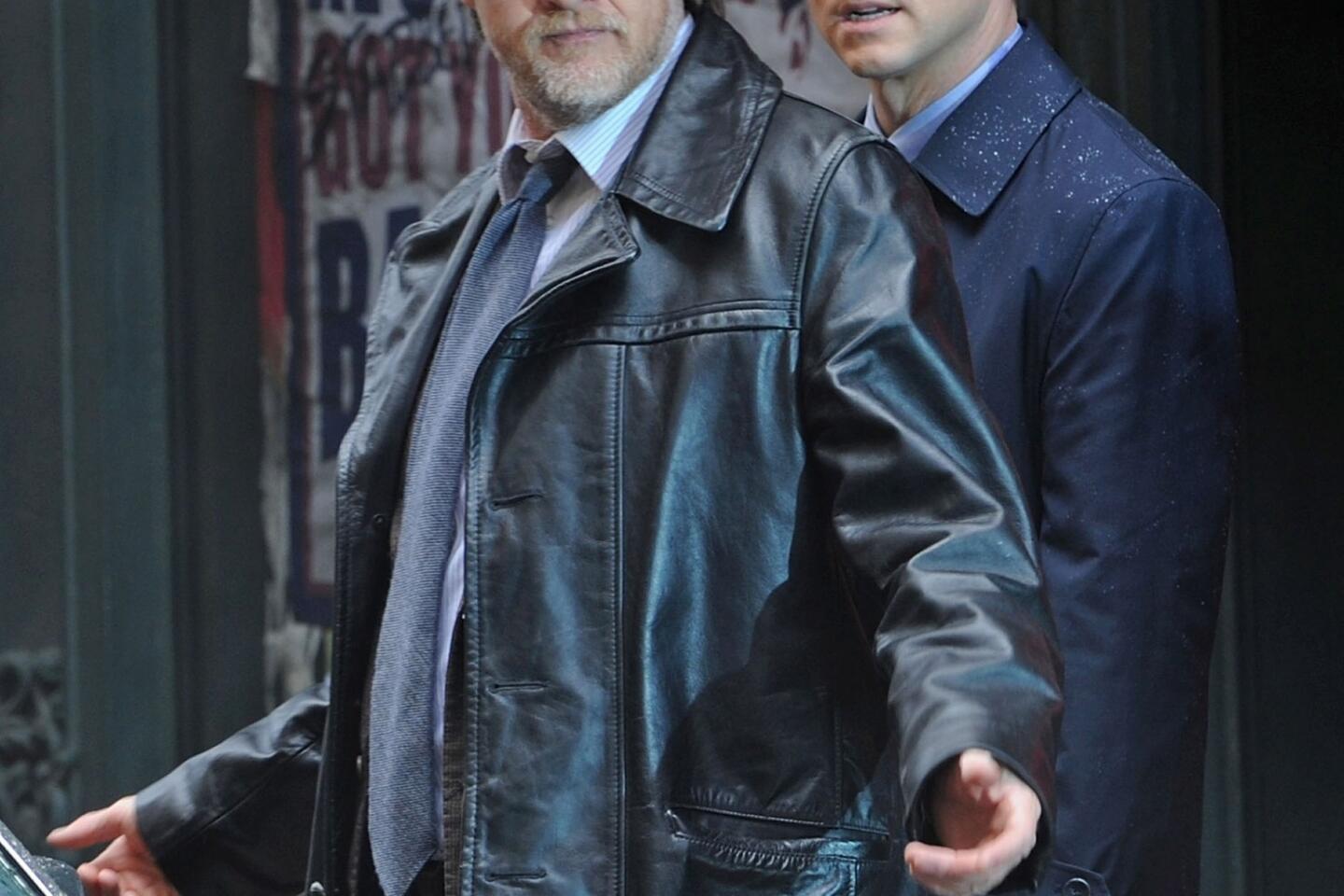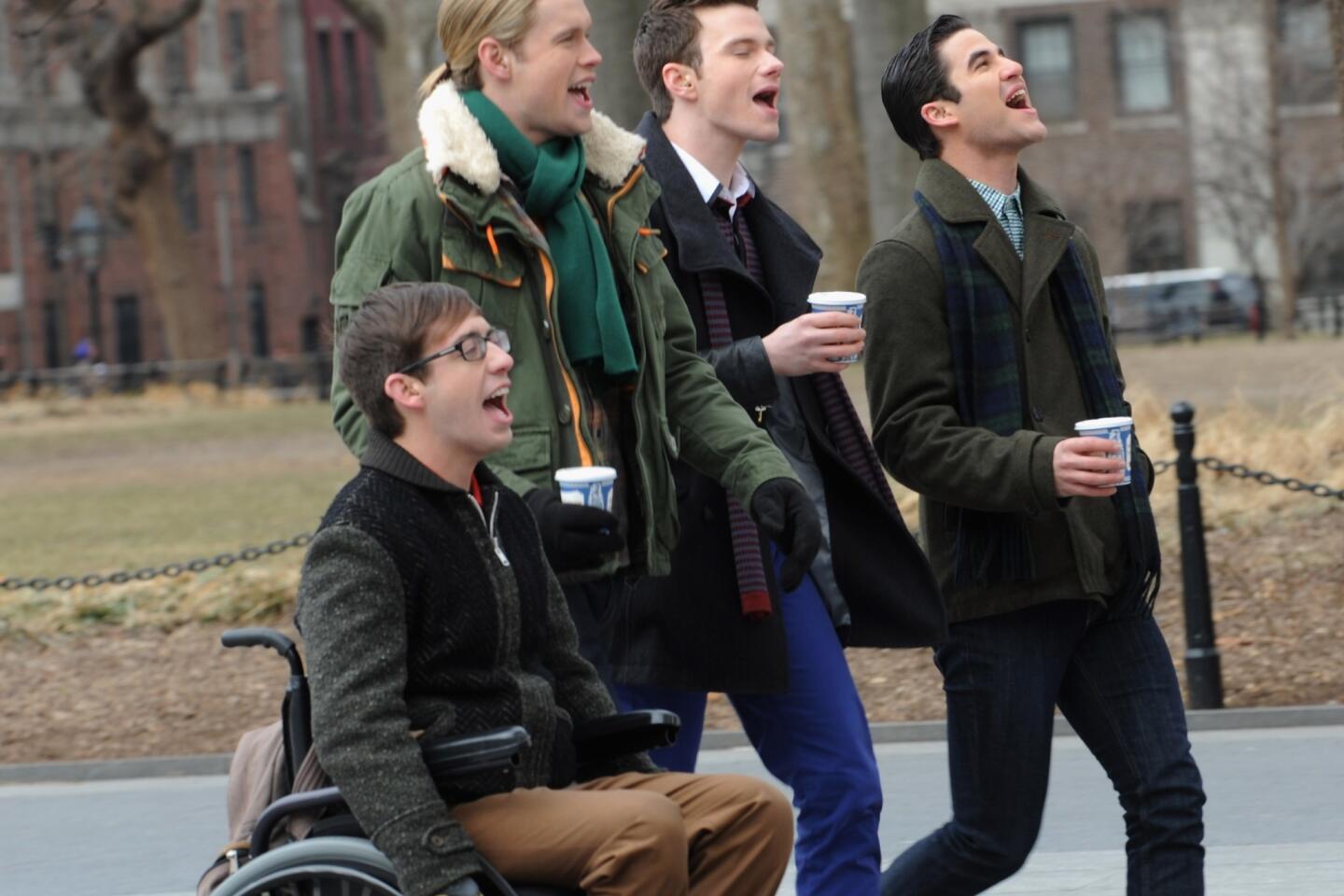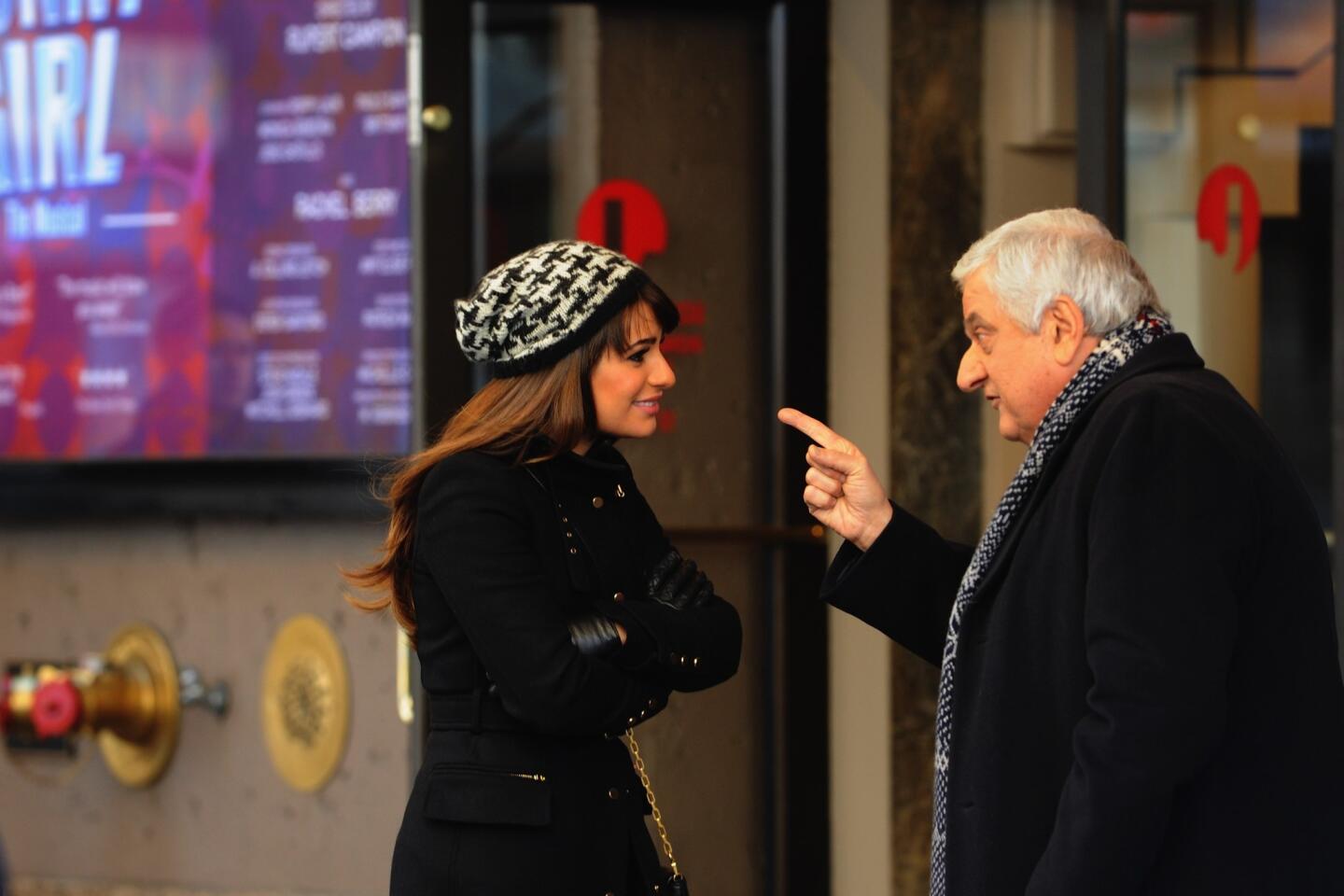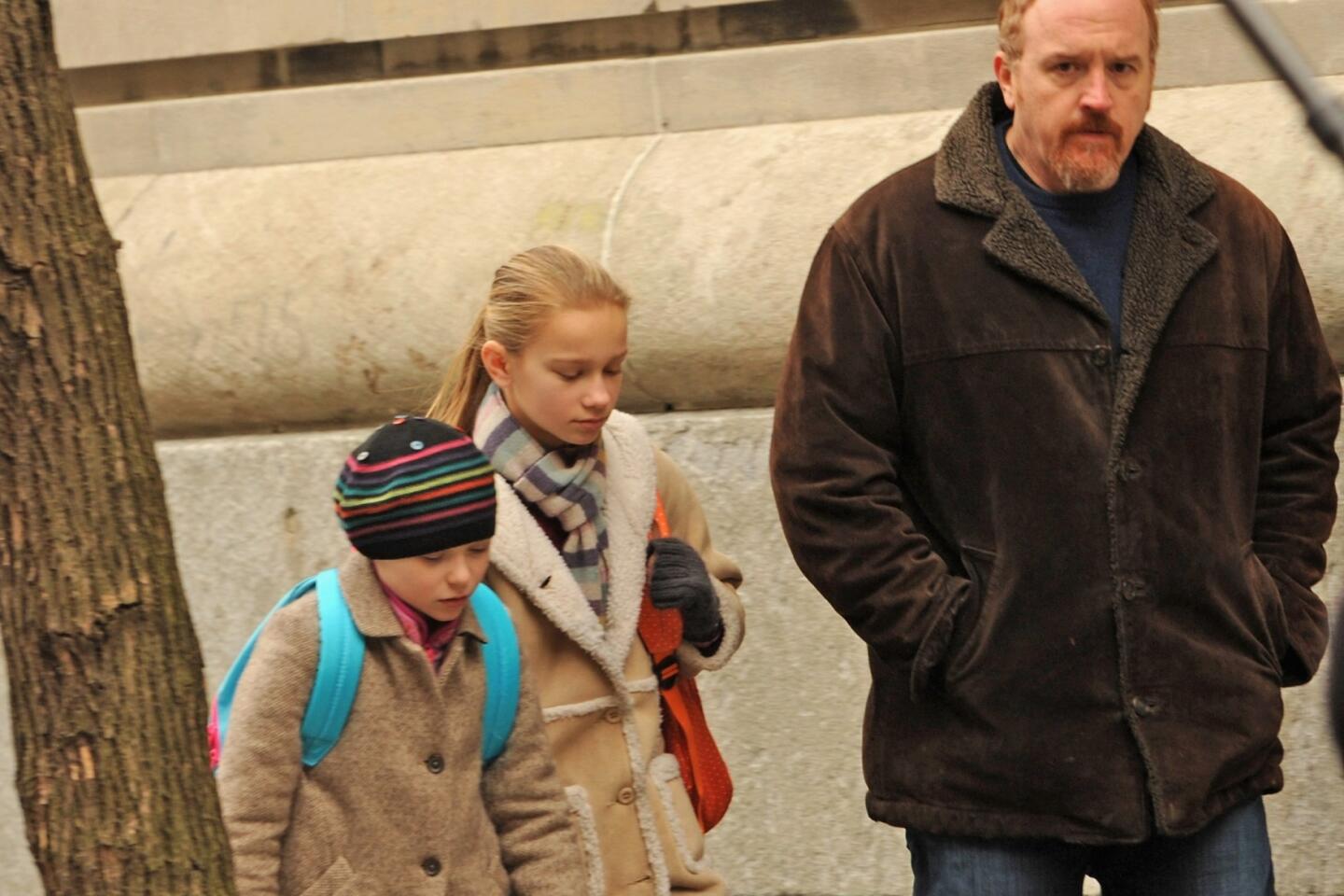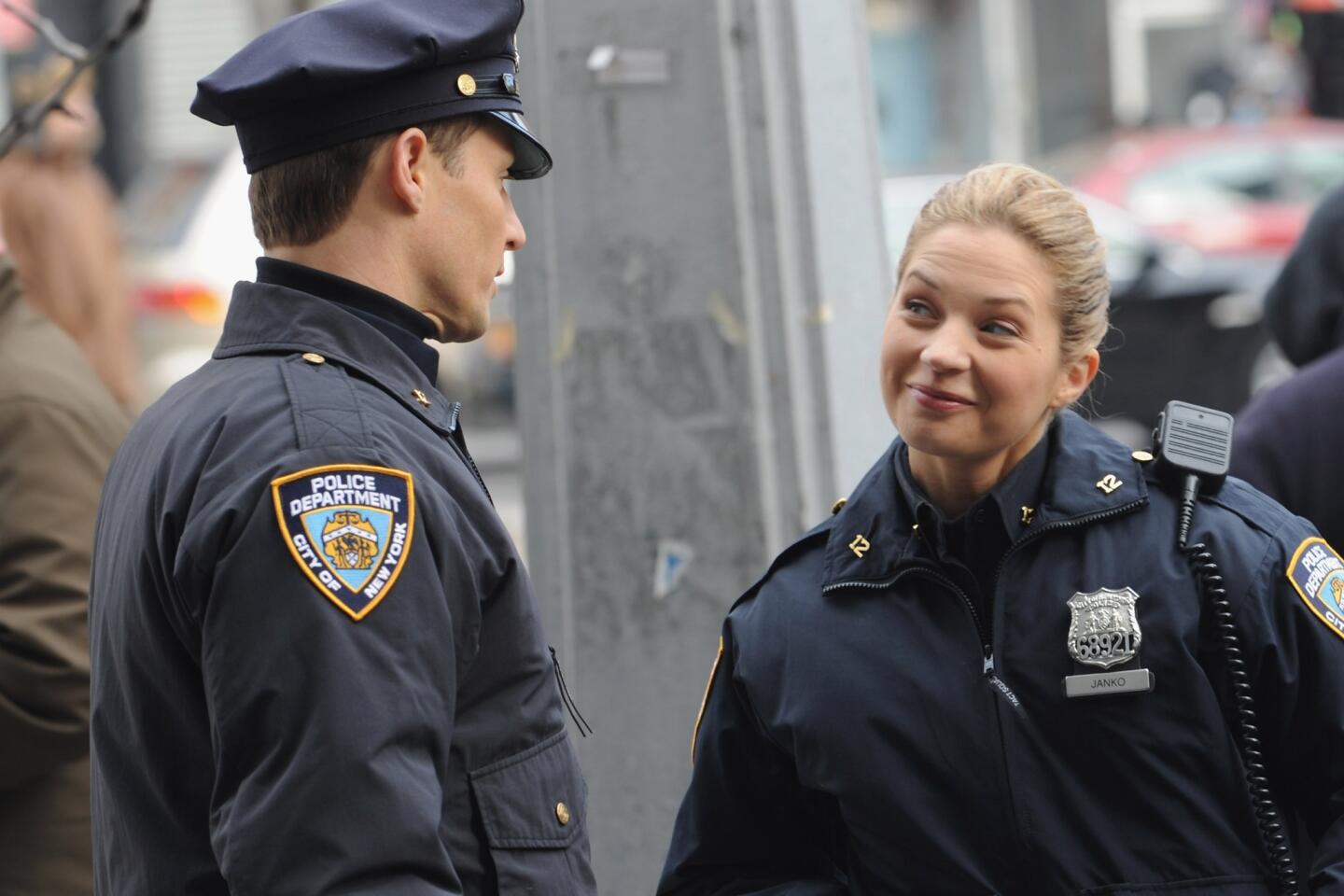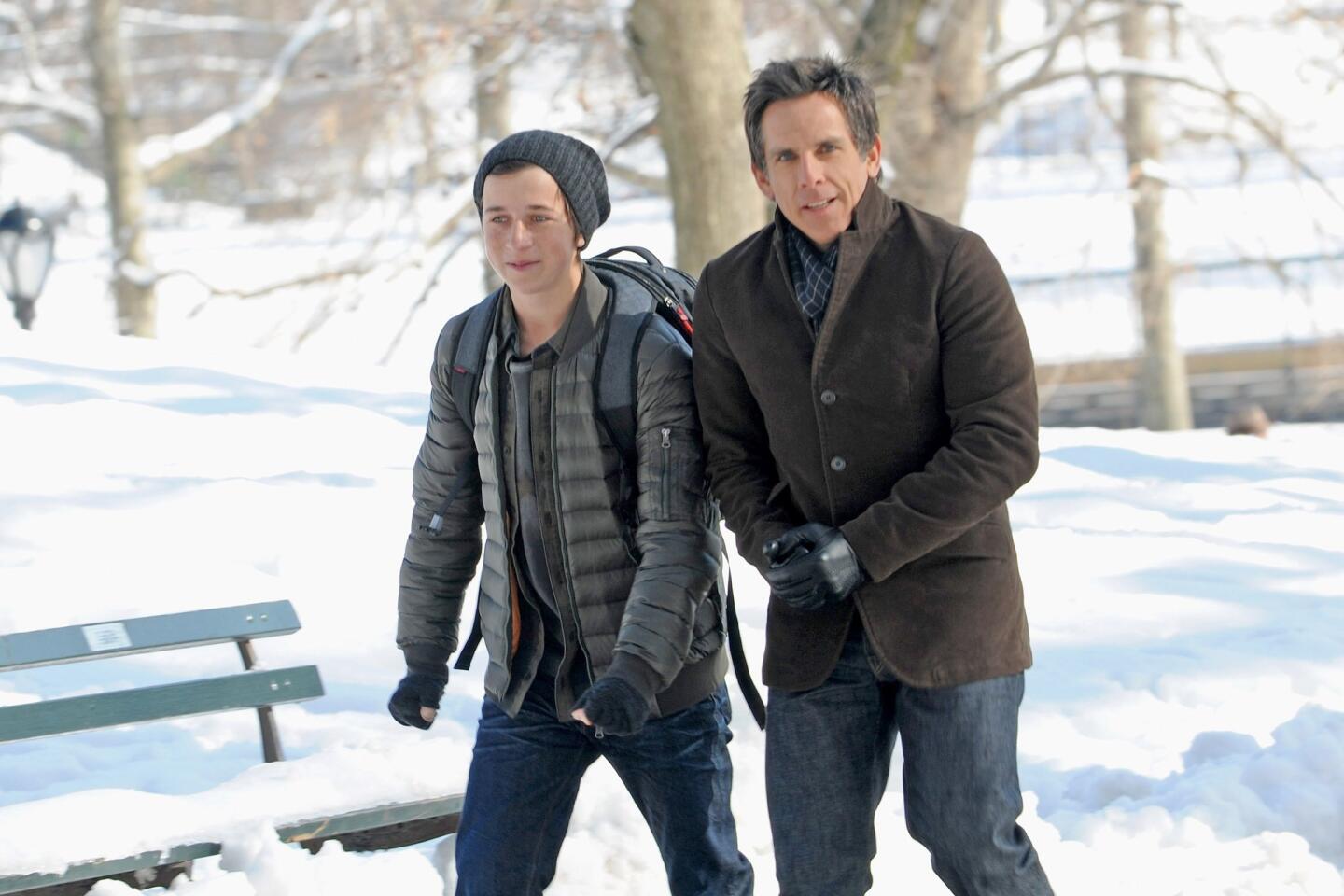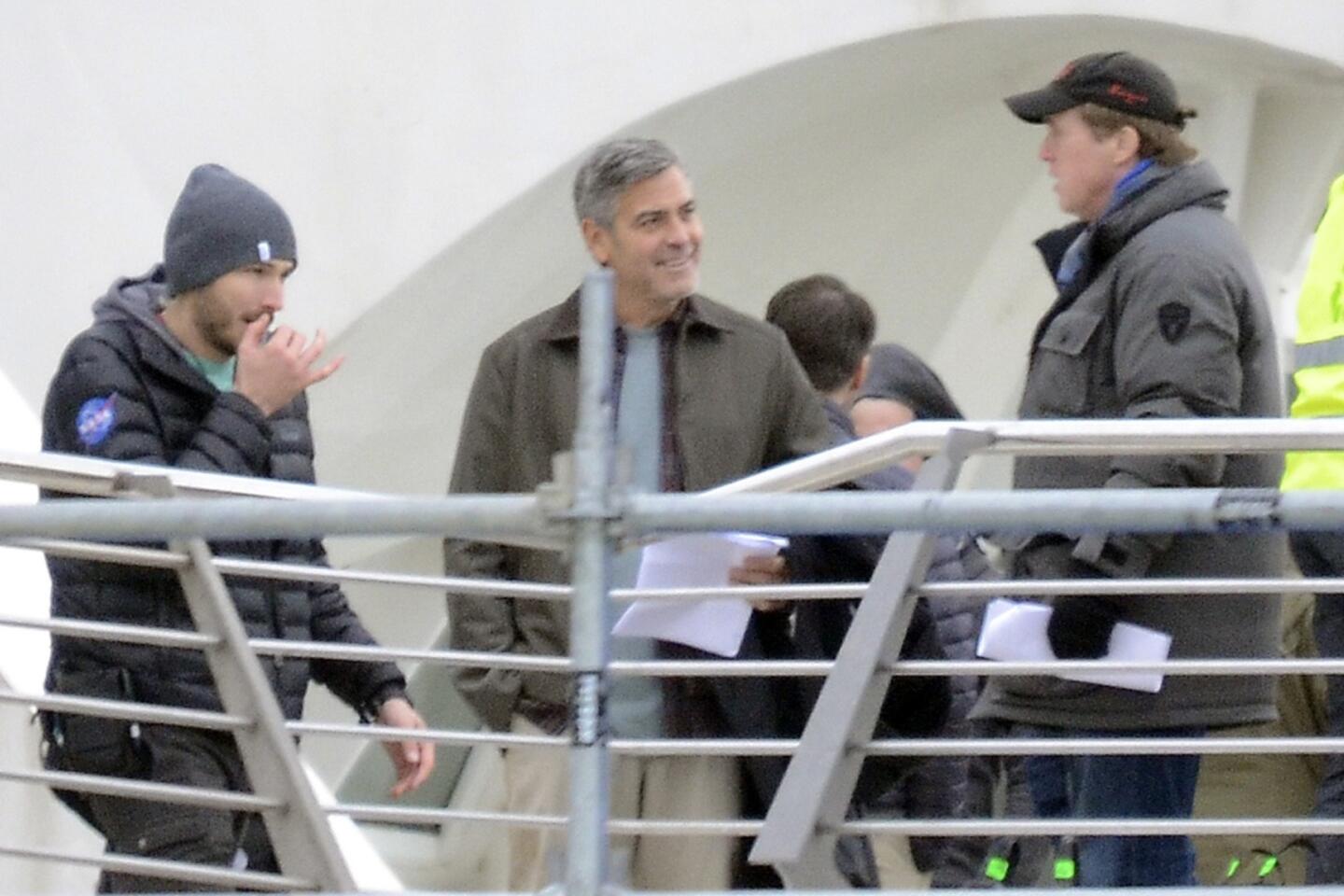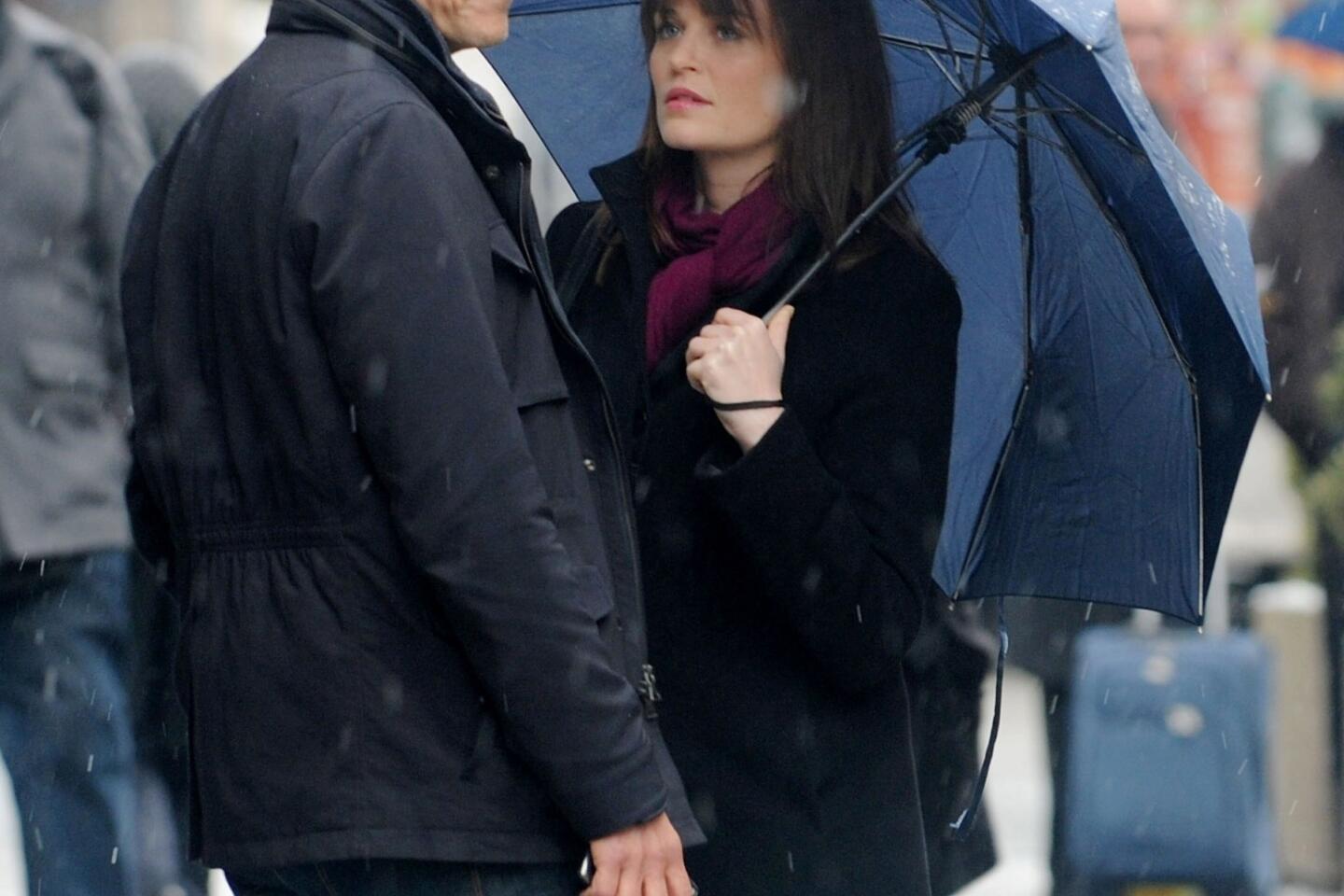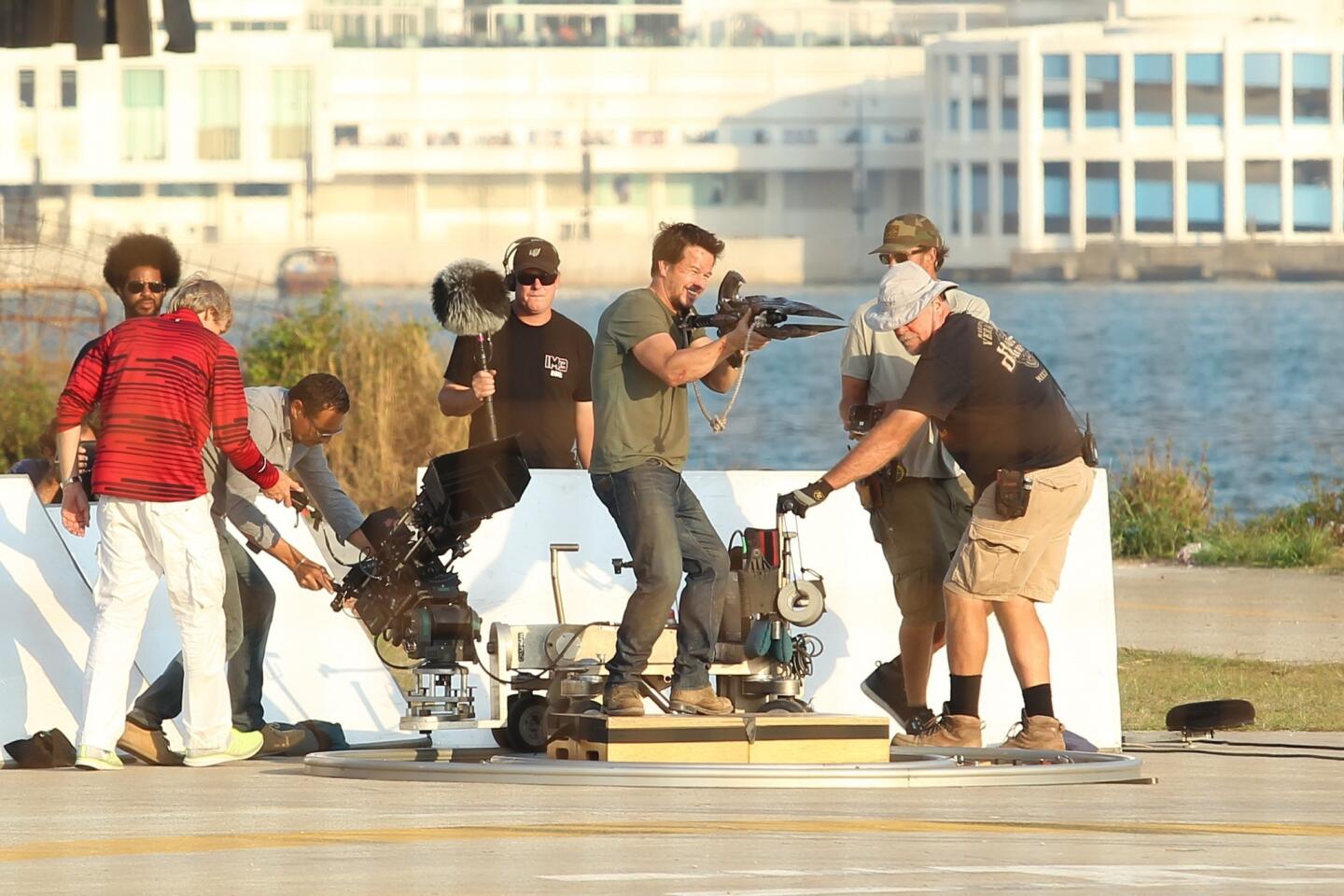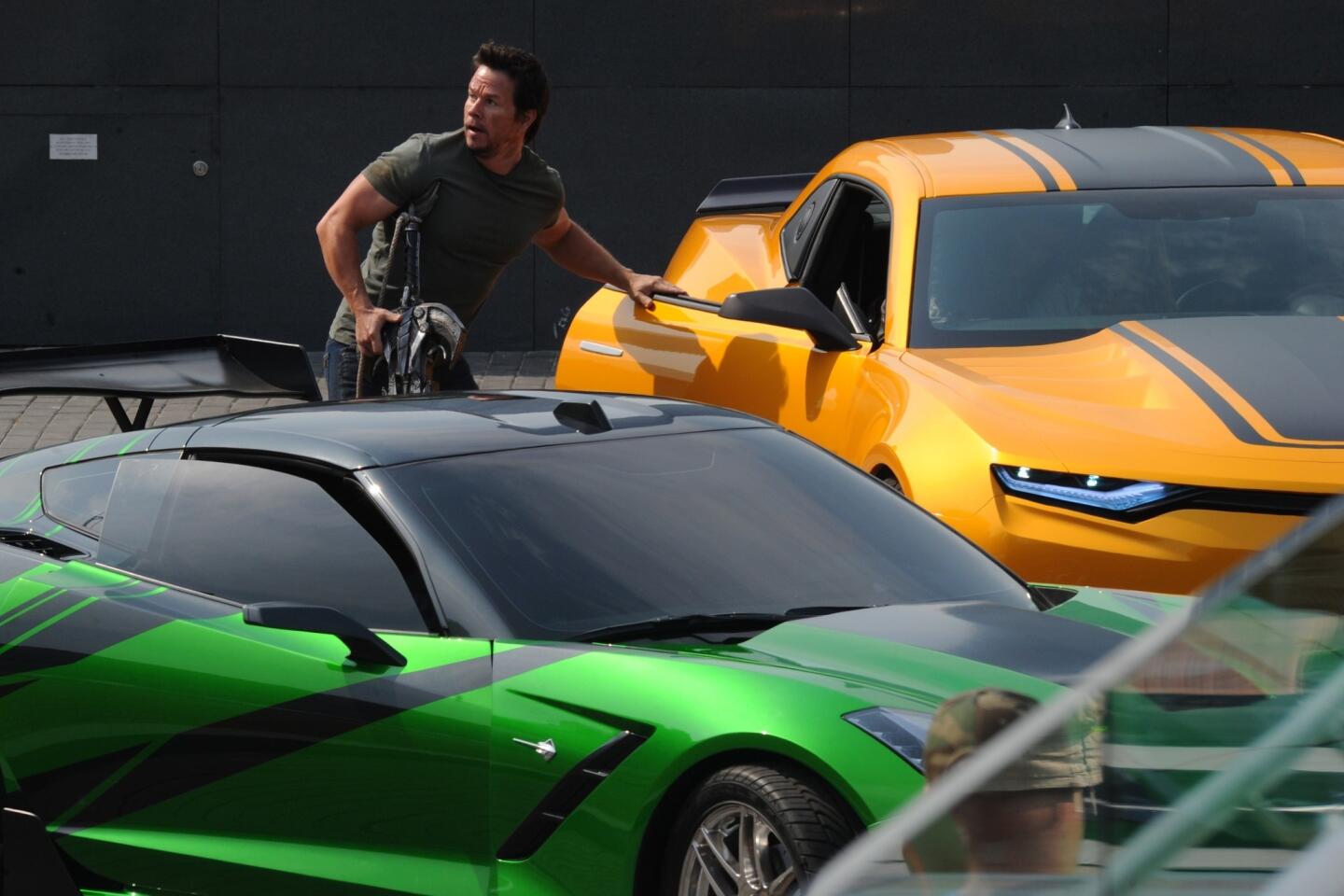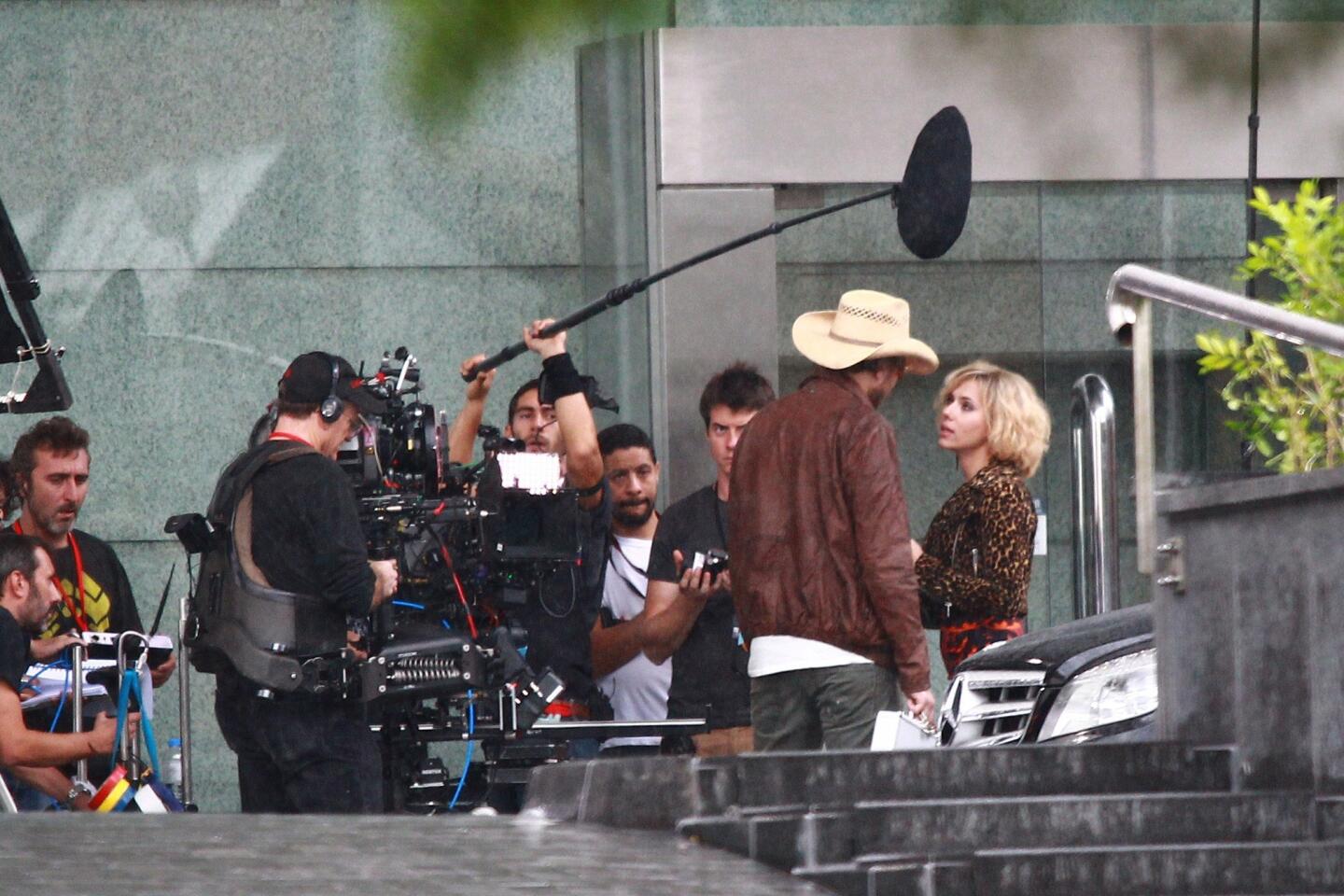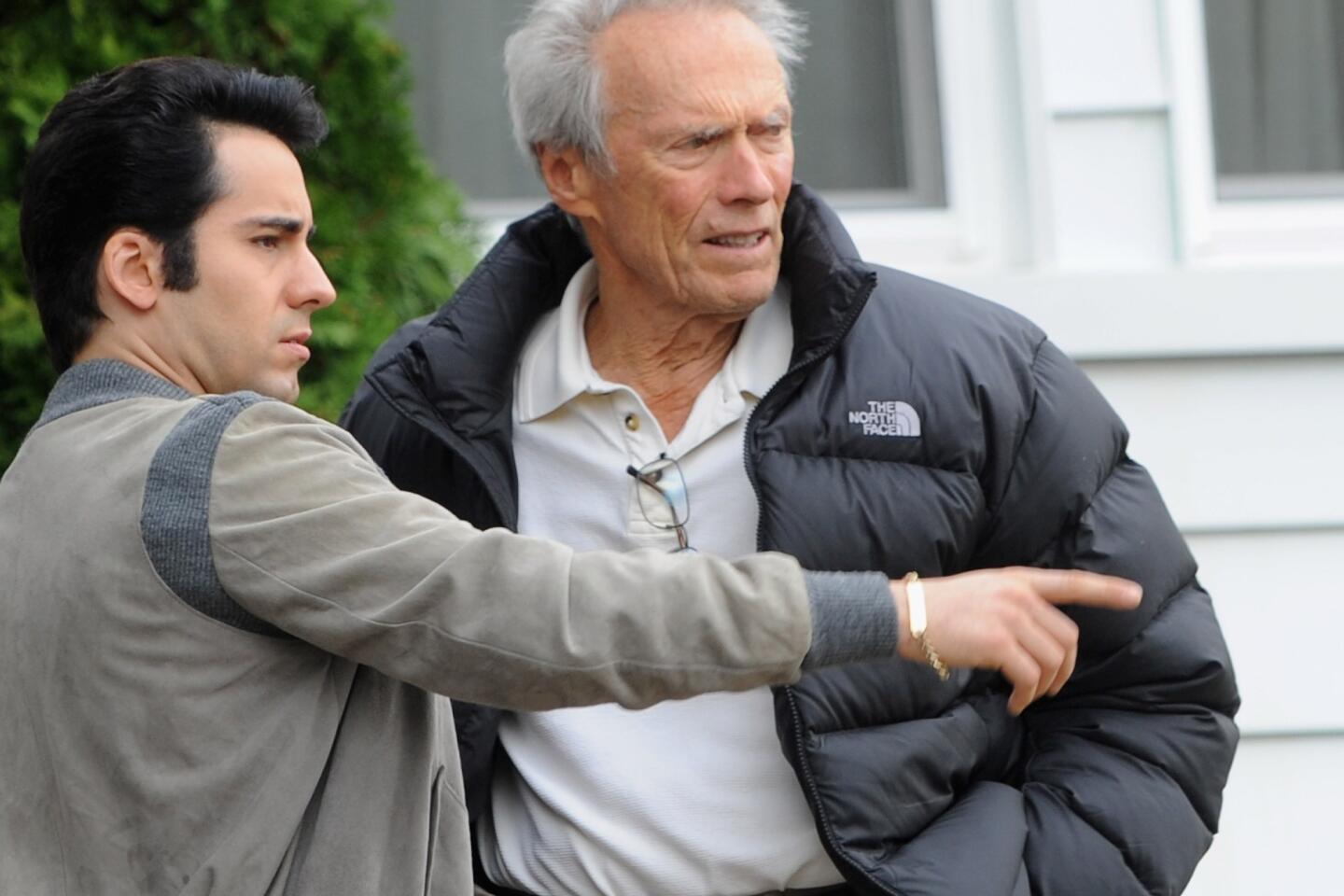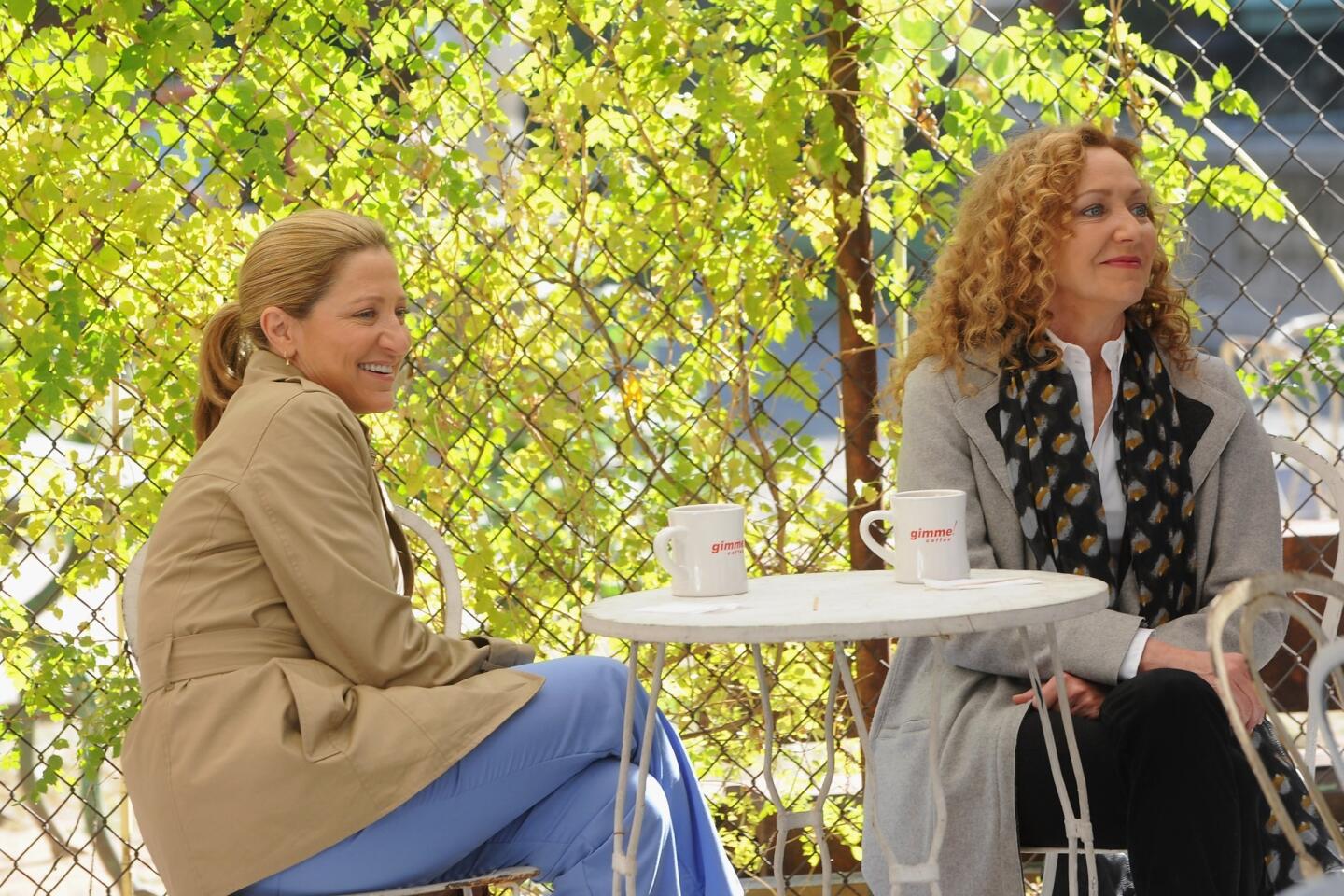Documentary producer gets hit with meaning of life, Oscar attention
For two decades I worked a desk at ICM as an agent, championing talented artists and their film projects, including big ones like the “Austin Powers” and “Bourne Identity” franchises. A huge turning point for me came three years ago; my father and mother got very ill, and the meaning of life changed for me.
I decided to leave the desk job and became a producer. During my first year, it felt like a bungee jump, huge elation at freedom and the sudden jolt as the rope hit bottom and then bounced back and forth.
One of the first wake-up calls was how long projects took to move forward and how quickly they could go from a flashing green light to dead. At ICM I would take lots of meetings, throw out ideas and say, “Make it better and come back.” Now I was the one who had to make it better.
FULL COVERAGE: Oscar-contending films
I found myself inspired to develop my own stories, but it was hard to change from 200 calls a day to spending more time on fewer projects. When I did reach out about projects, many of the calls were to the next generation and I was already a dinosaur to them. At least understanding the pressures on agents allowed me to cut through a lot of BS.
Three years ago at the Academy Awards I was so moved by the documentary section that I vowed I would try to make a documentary every year to bring something thought-provoking and helpful into the world. The next morning I called an old client, friend and previous Oscar winner Malcolm Clarke, and told him I wanted to make a documentary “for my soul.” “Good timing,” he replied.
He told me a little about Alice Herz-Sommer, a then-107-year-old pianist and Holocaust survivor living in London. I was sold, and we quickly hired a researcher and crew.
Over the next two years every department delivered some of the best work of their lives and the film took so long to complete because we were waiting for brilliant people to finish paying jobs.
WATCH: Cast, crew discuss their Oscar nominated films
I tried promoting my short documentary (“The Lady in Number 6”) to traditional media to little avail. So I did what any smart teenager already knows how to do: I spent hundreds of hours learning about YouTube and social media. I learned so much that I ended up becoming a partner in a social media company.
Through social media the promo for the film was featured on the Huffington Post and posted on Upworthy — and suddenly we had 500,000 views. People were beginning to pay attention to our little film. Then the academy shortlisted the film, then the Oscar nomination and suddenly people were calling me.
After my nomination I started to realize how truly important the academy is to the balance of the film community. The academy gives all of us a beautiful goal. A nomination breaks through the clutter, its vote of quality gives you a platform to get the media to at least look at your film.
The academy each year shows the world that there are many talented artists behind the scenes and there are other formats worthy of your attention. The nomination has made it 100 times easier for me to raise financing for my next documentary, another powerful story that doesn’t fit into any obvious film box.
SPOTLIGHT: Screenwriters for ’12 Years,’ ‘Hustle’ and more write in
While I was in shock at my nomination, the well-oiled academy machine kicked into high gear, and I was contacted by multiple people to gather copies of the film for screening, for DVDs, posters and clips.
In my case, where I was the production, publicity, editorial and graphic design all at once, I was overwhelmed and each few days a gentle reminder came my way helping me stay on track. It was an impressive team of people who were always there for me.
I will be going to the Oscars with my brilliant director, Clarke, and his son, my U.K. producer, Christopher Branch, and U.S. producer Phillip Goldfine.
Just the experience of spending time with Alice, who smiles and laughs as she tells you how to be a better human being, is one of the highlights of my life. Alice — now 110, a little weaker but strong in spirit — explained how we can all live happier and longer if we just stop worrying about the wrong things. My goal when I started to make this film was to bring to the world this powerful lesson of Alice Sommer.
The experience has changed my life with its simple lesson: If you do what you love, success is practically assured.
More to Read
Only good movies
Get the Indie Focus newsletter, Mark Olsen's weekly guide to the world of cinema.
You may occasionally receive promotional content from the Los Angeles Times.
